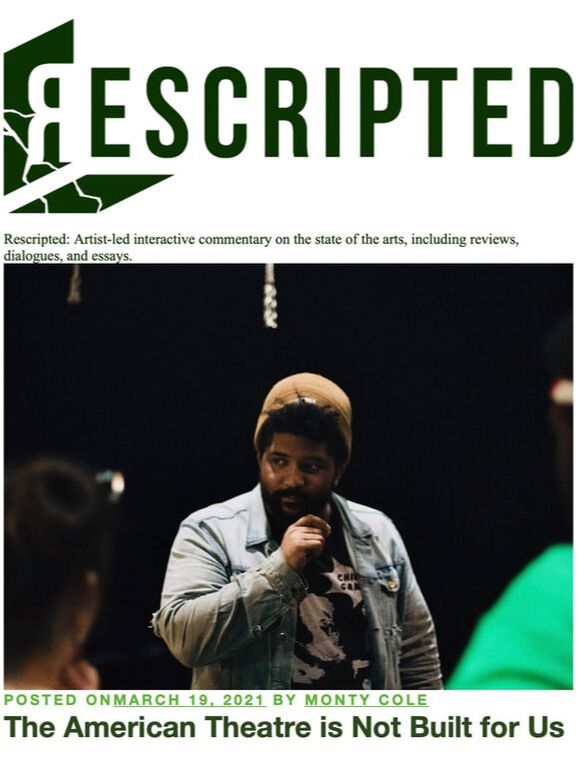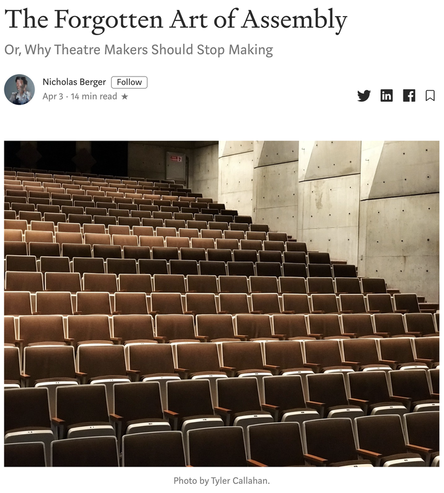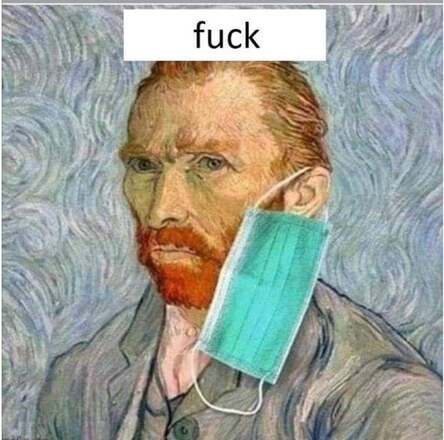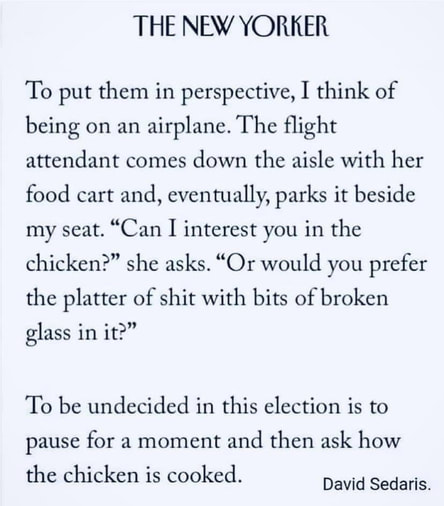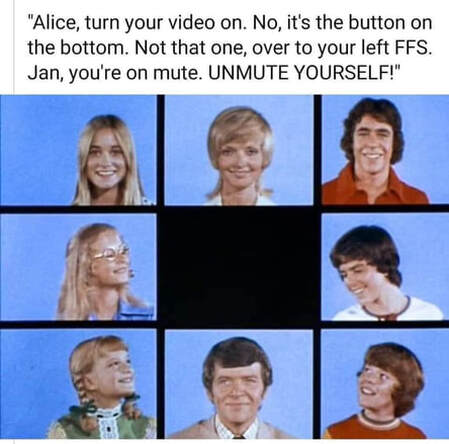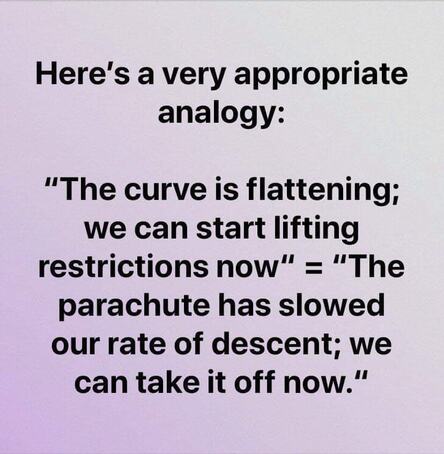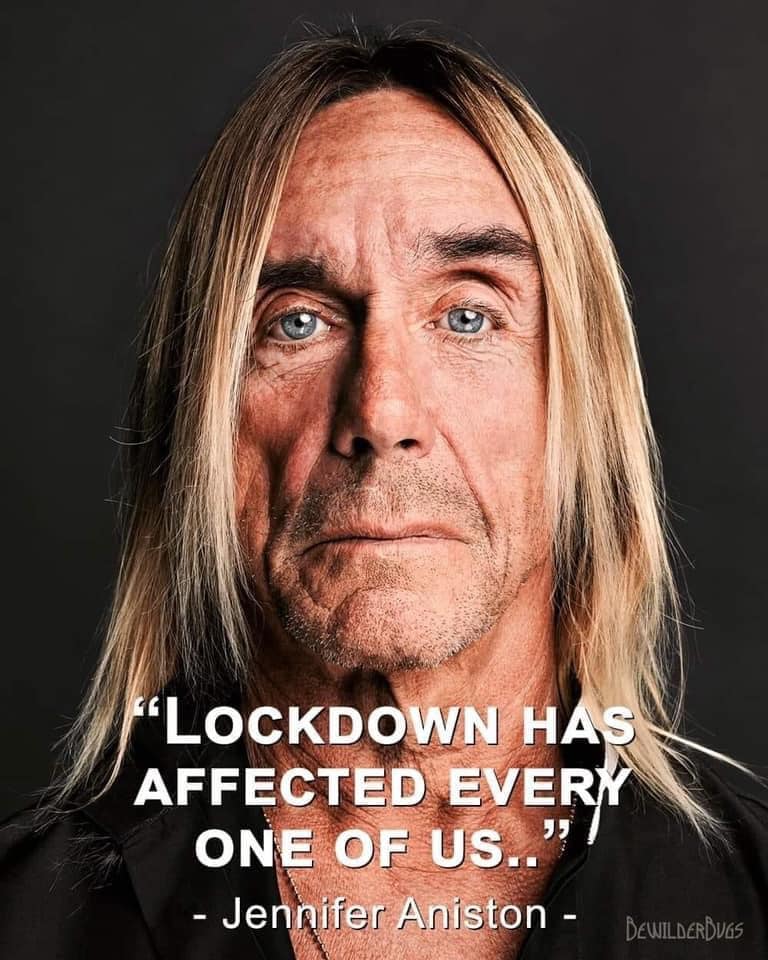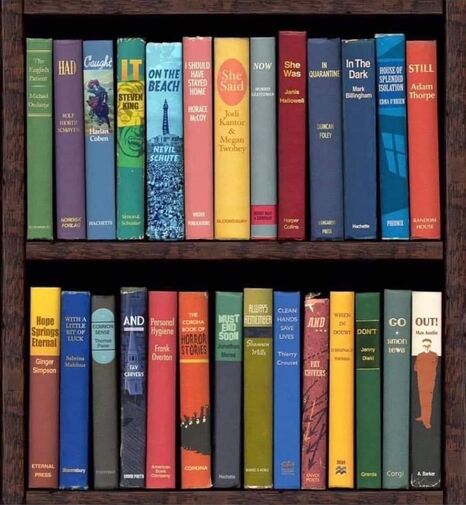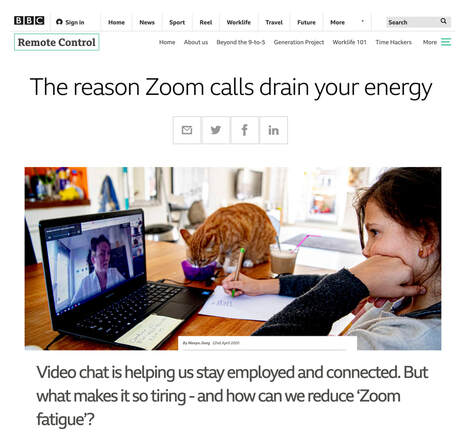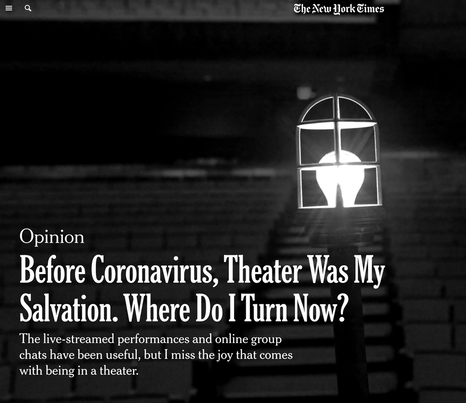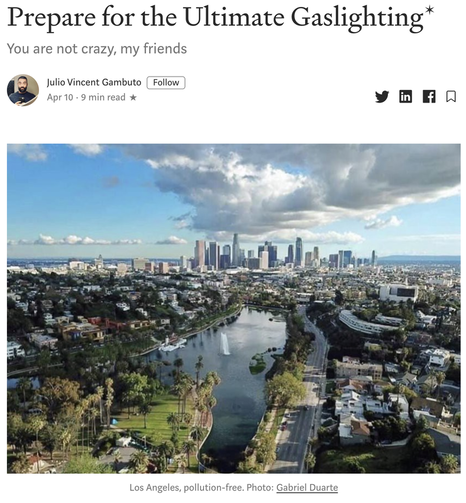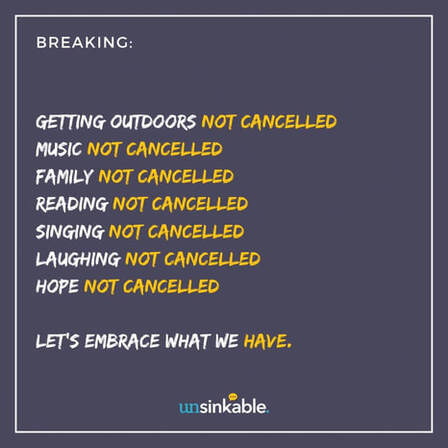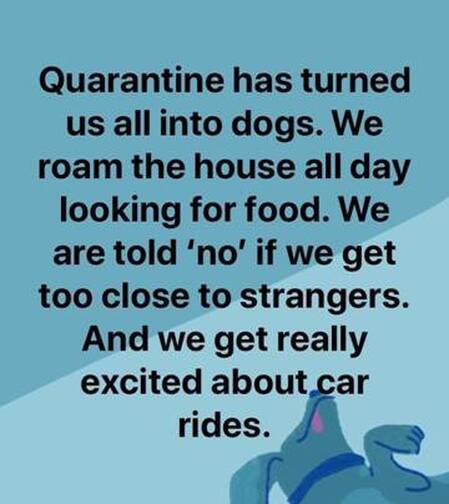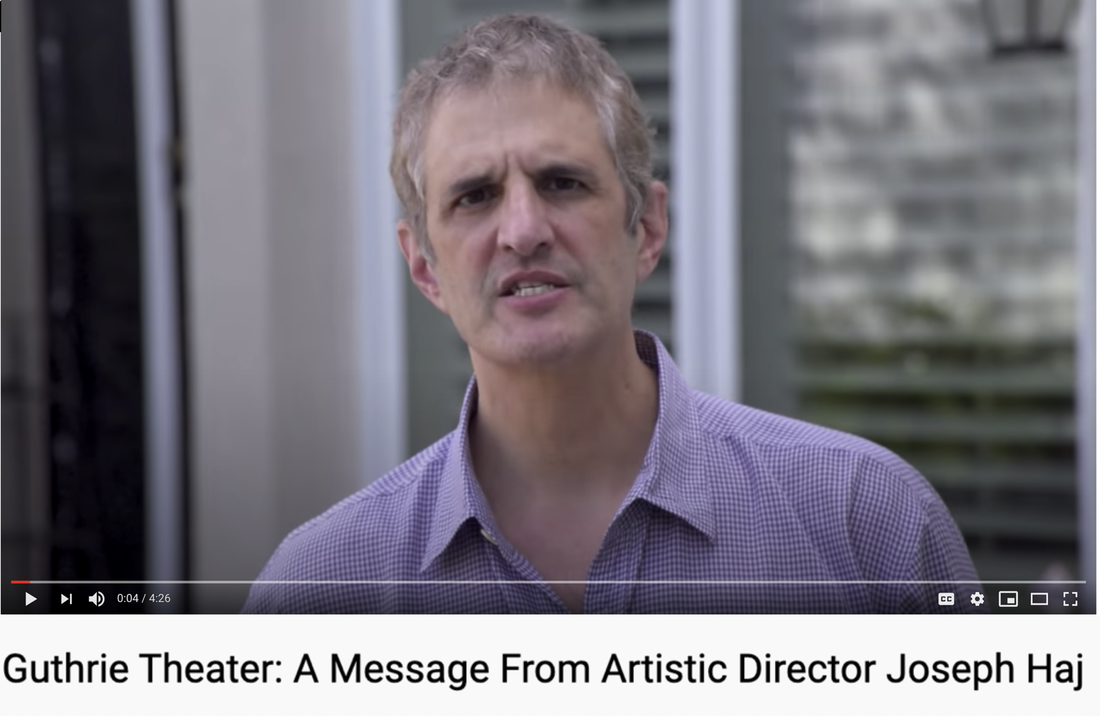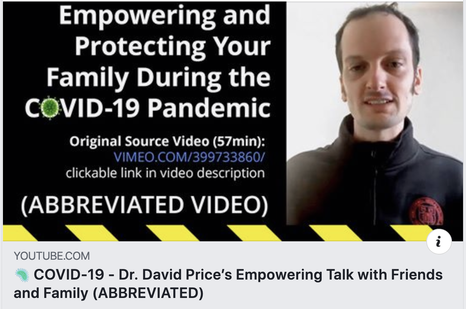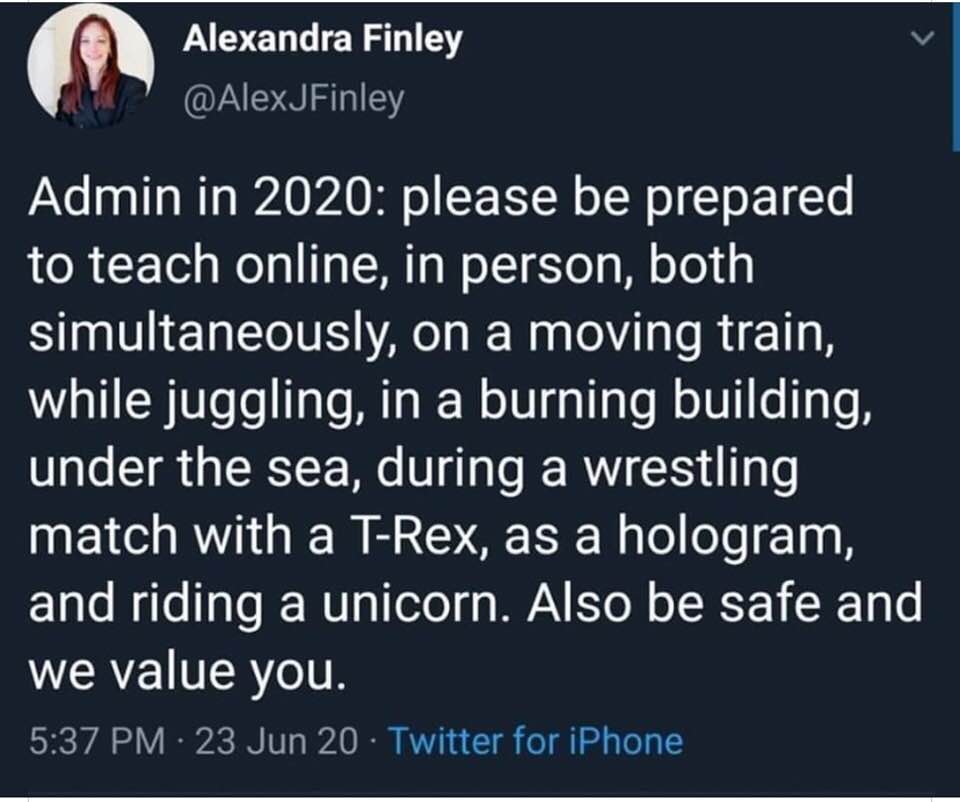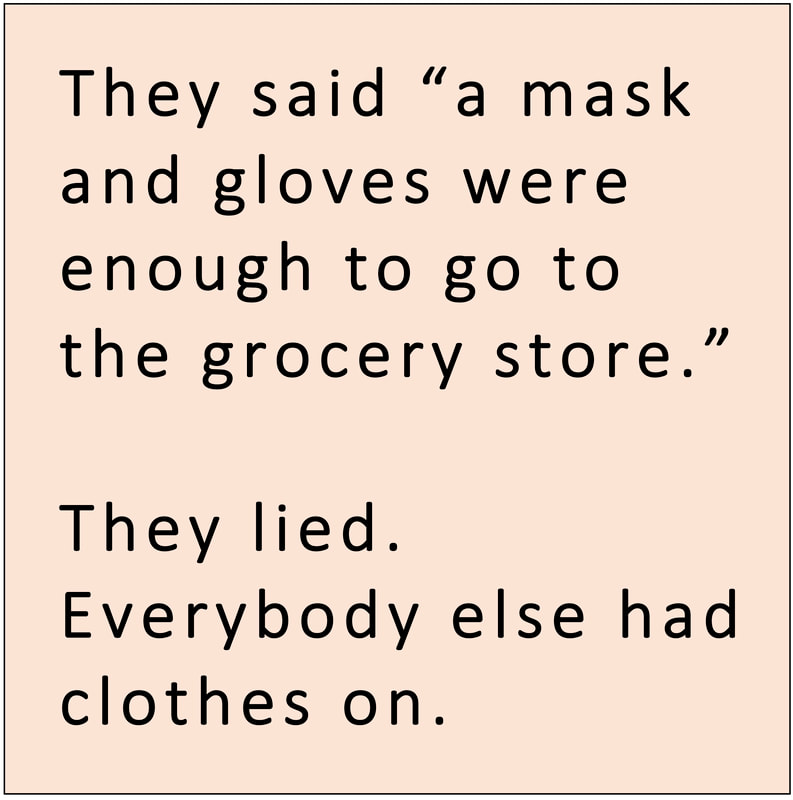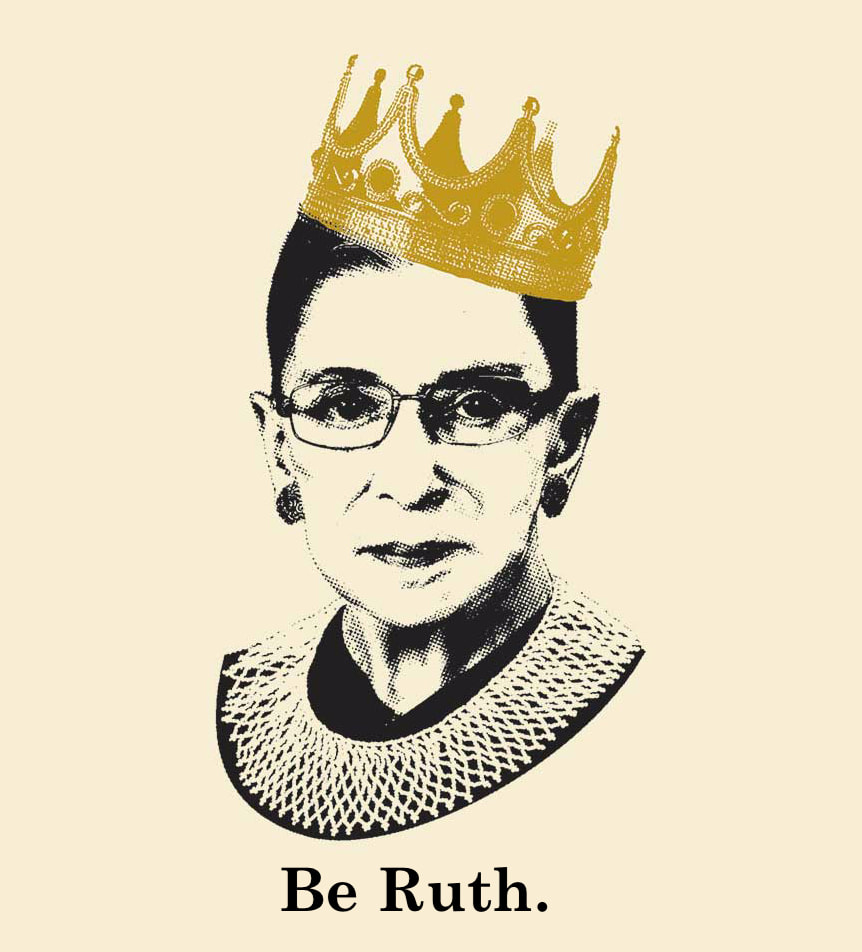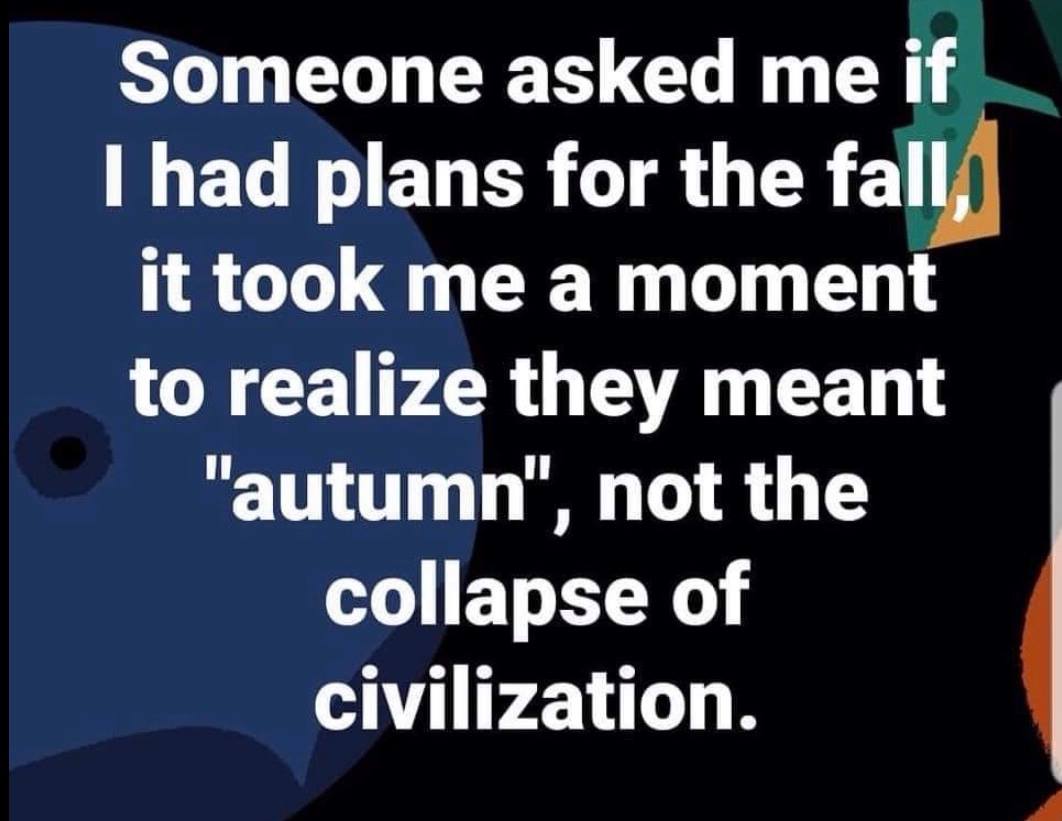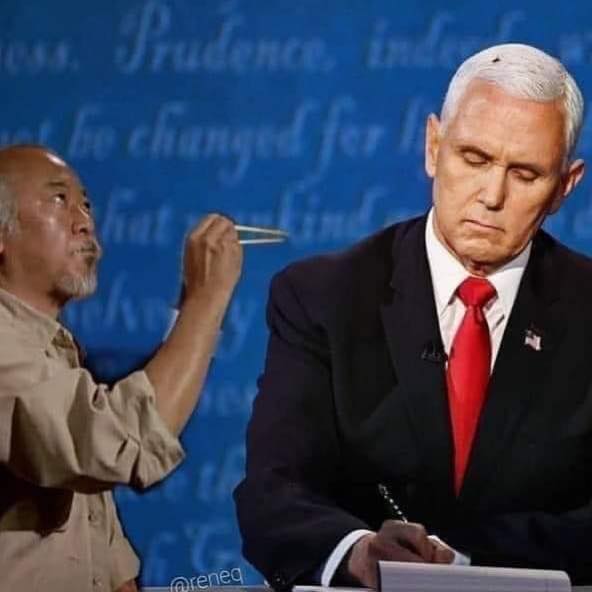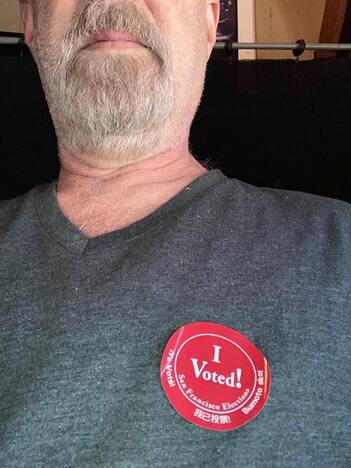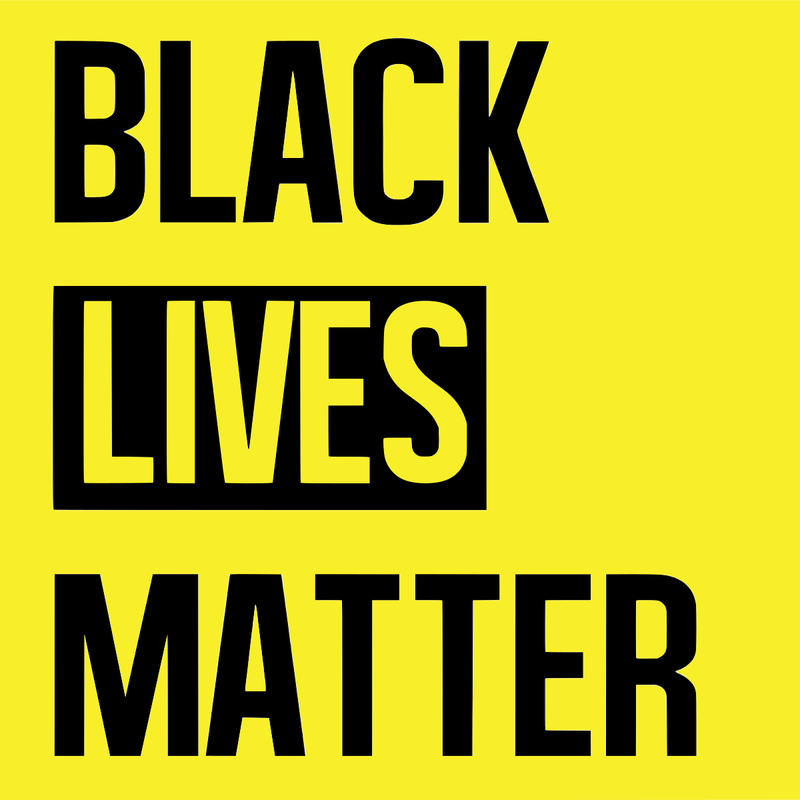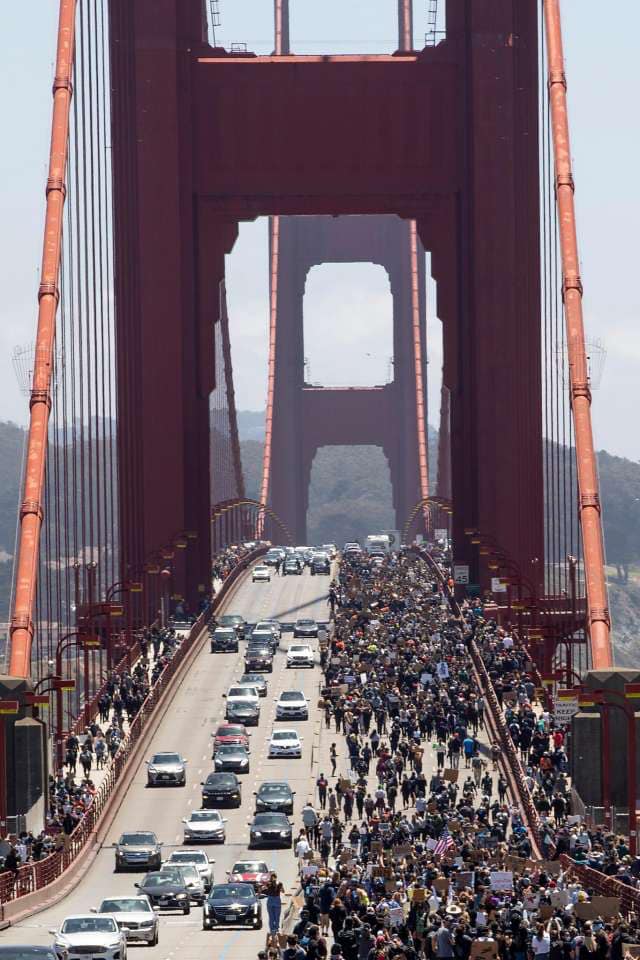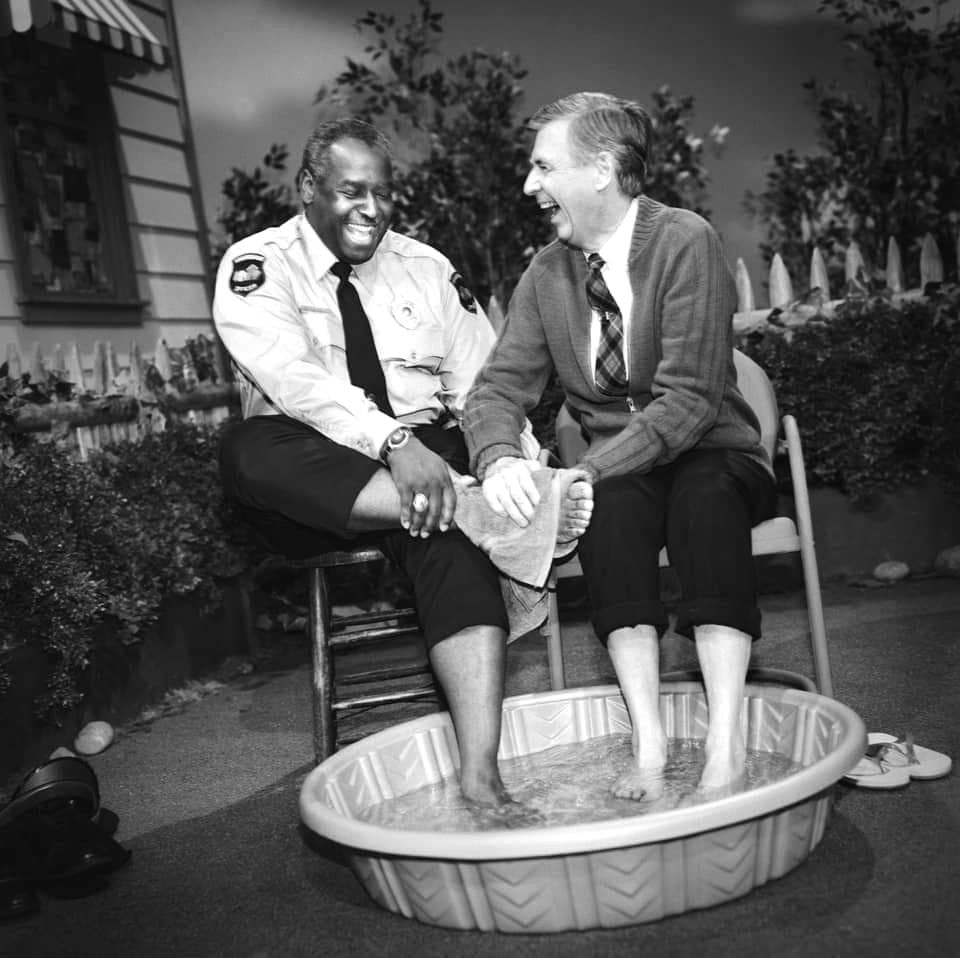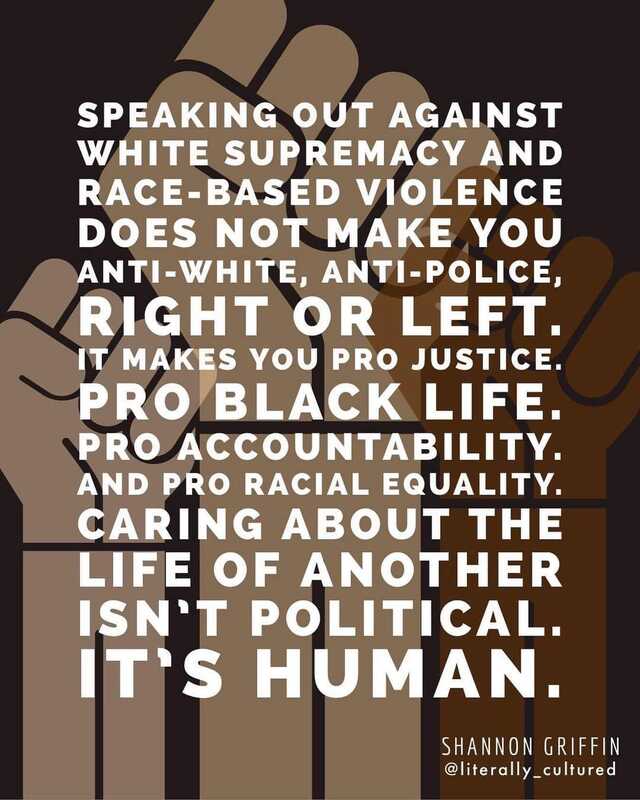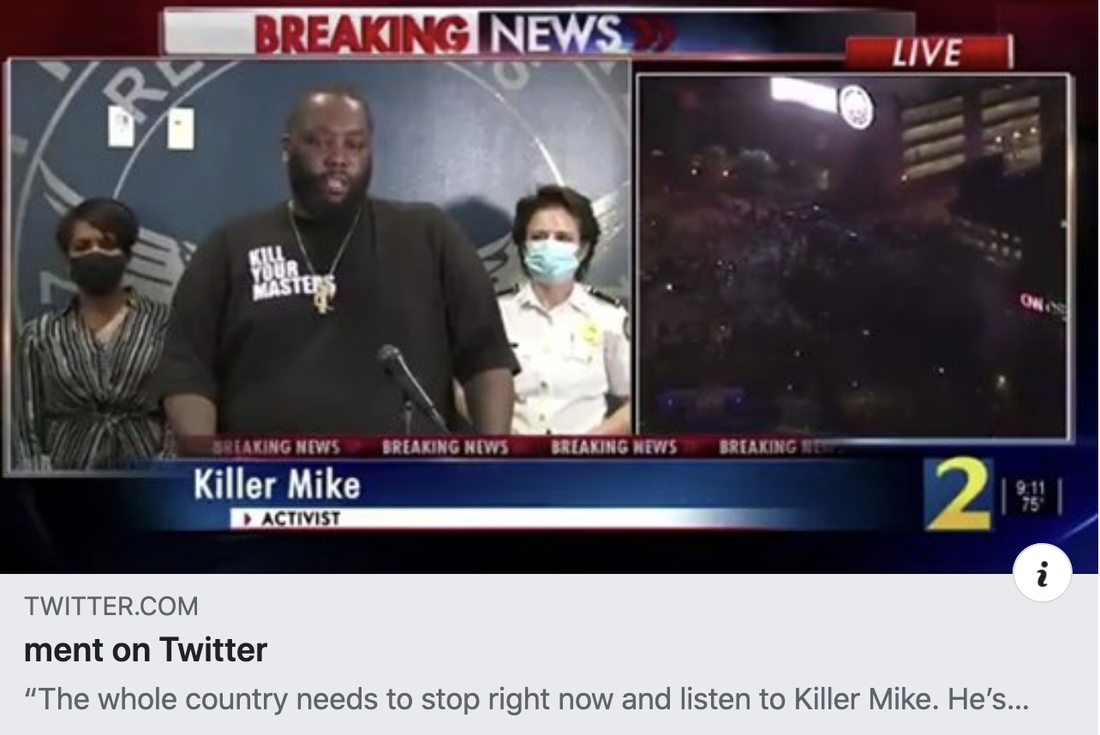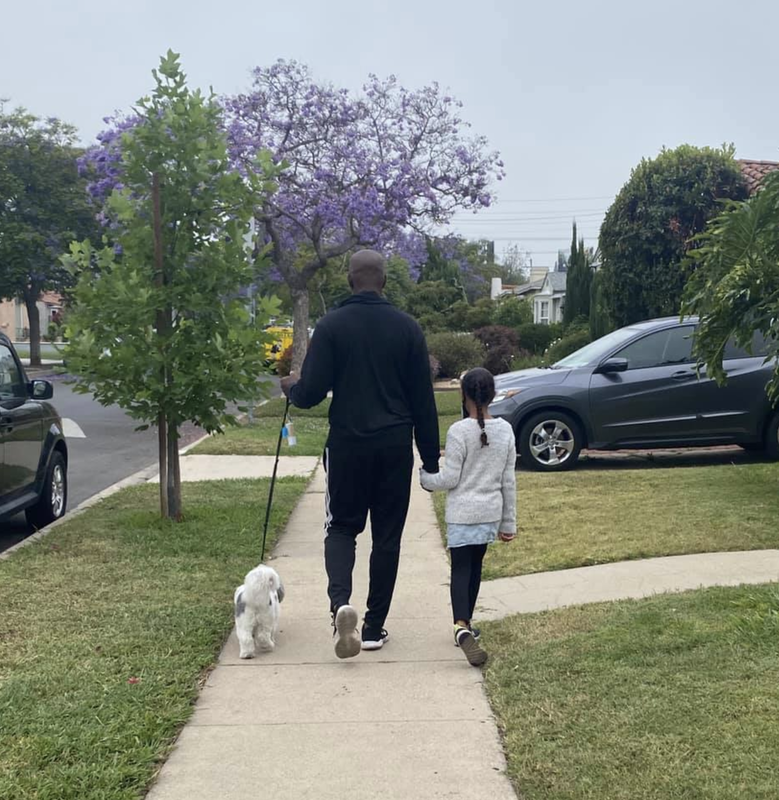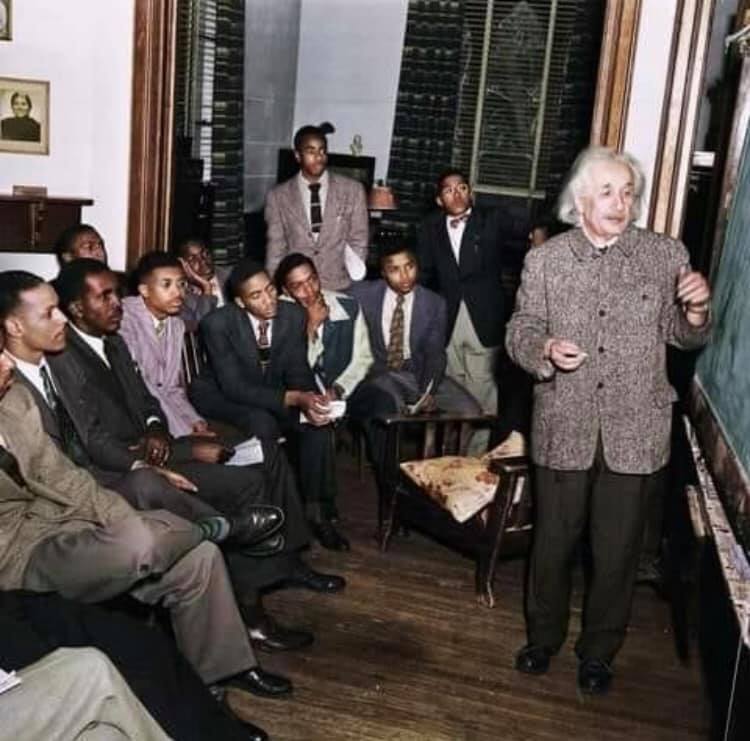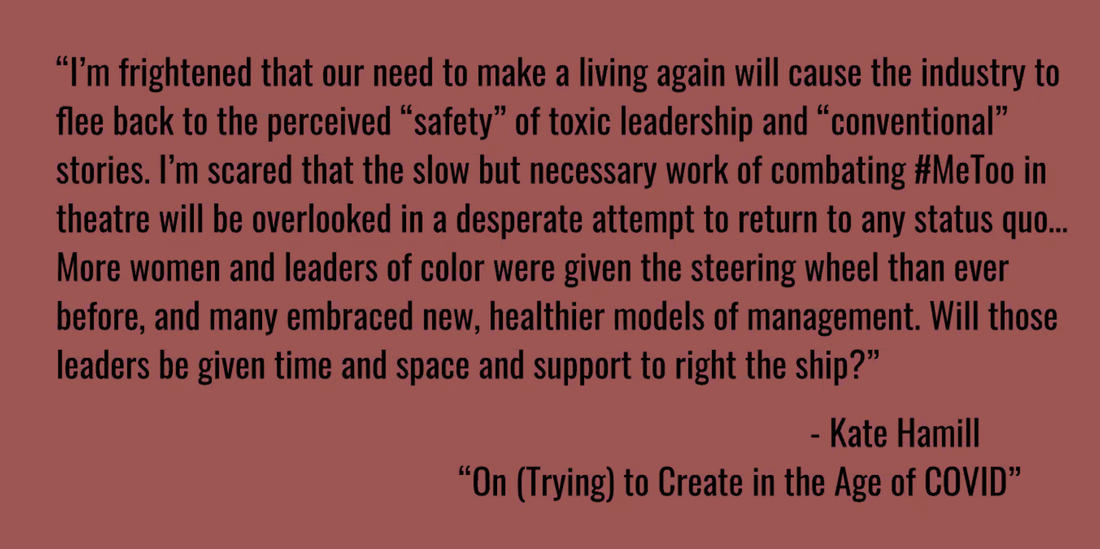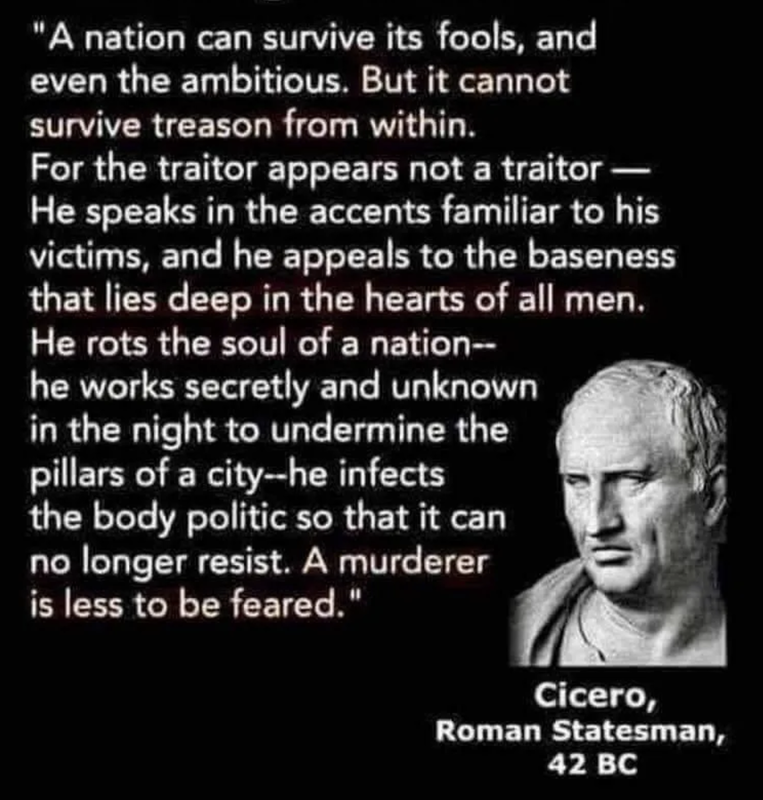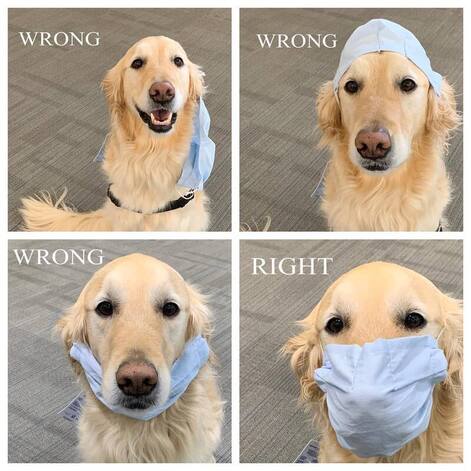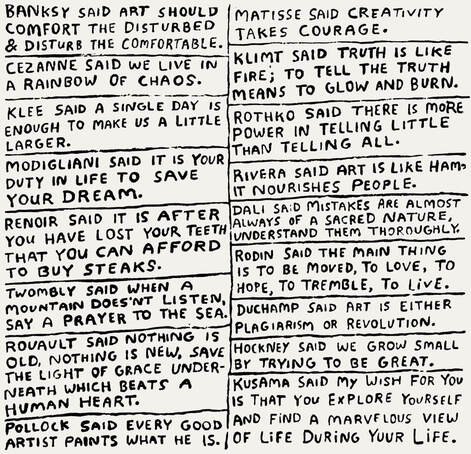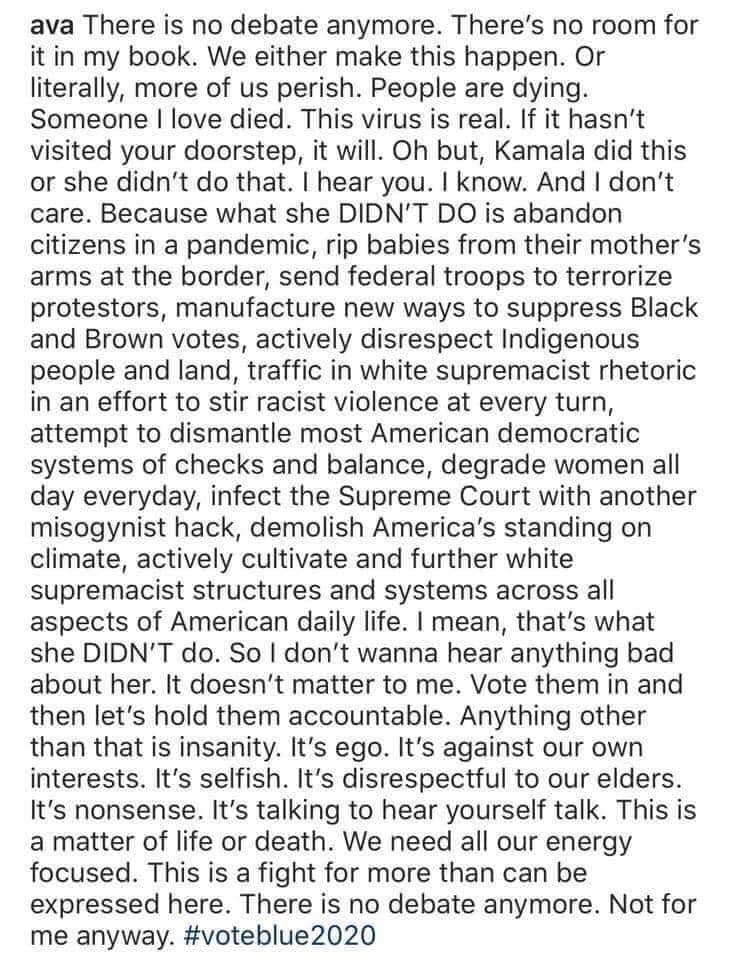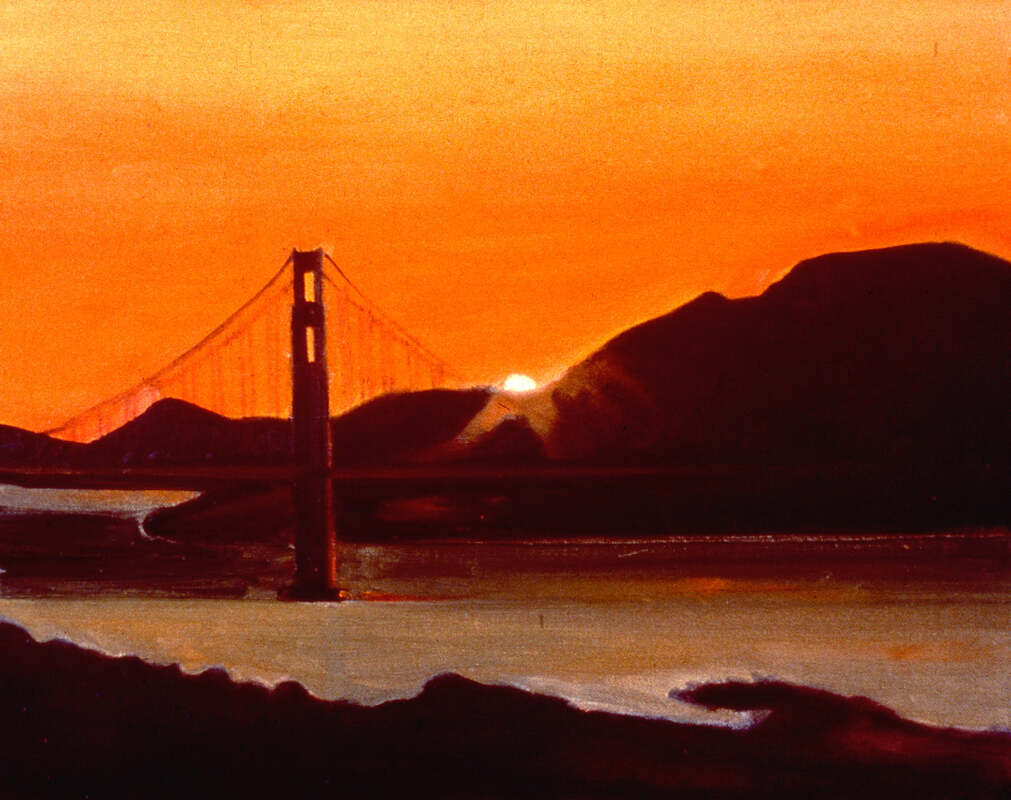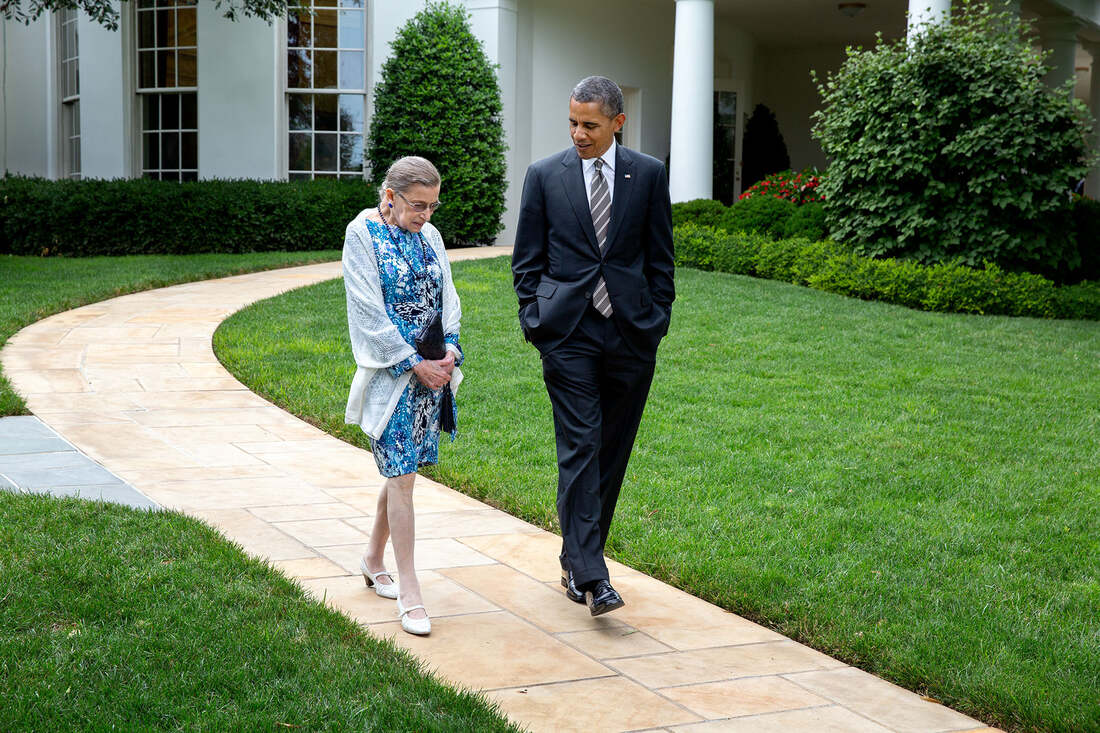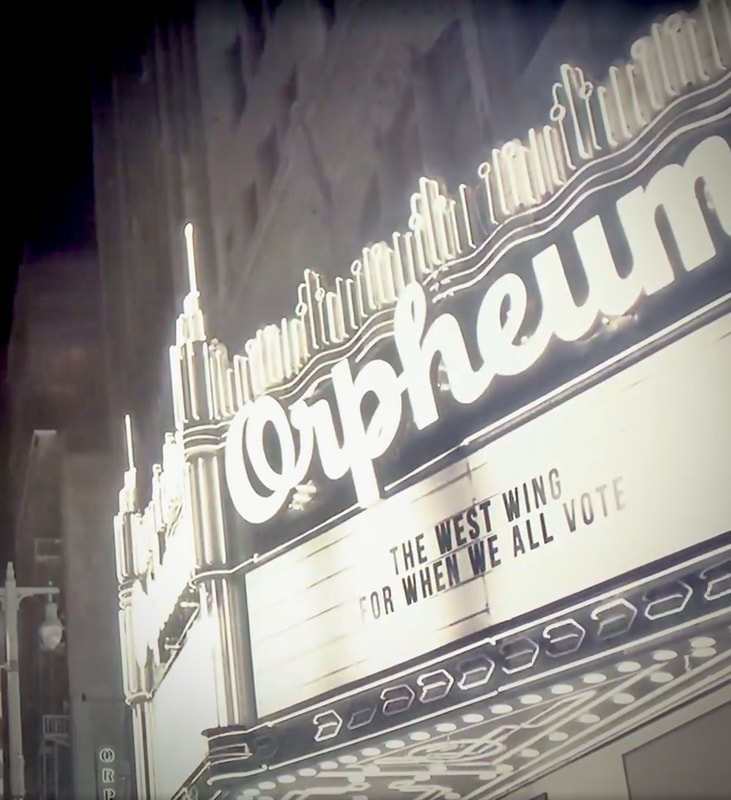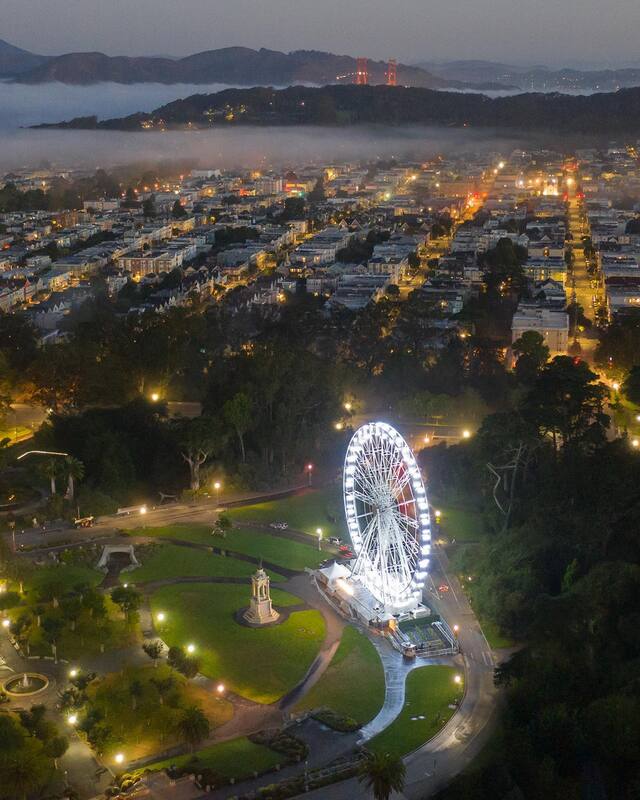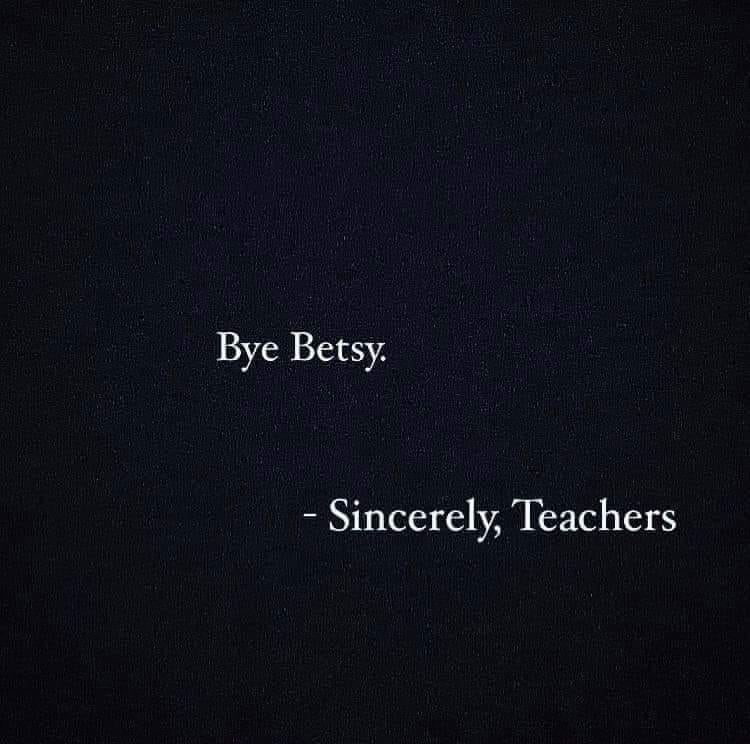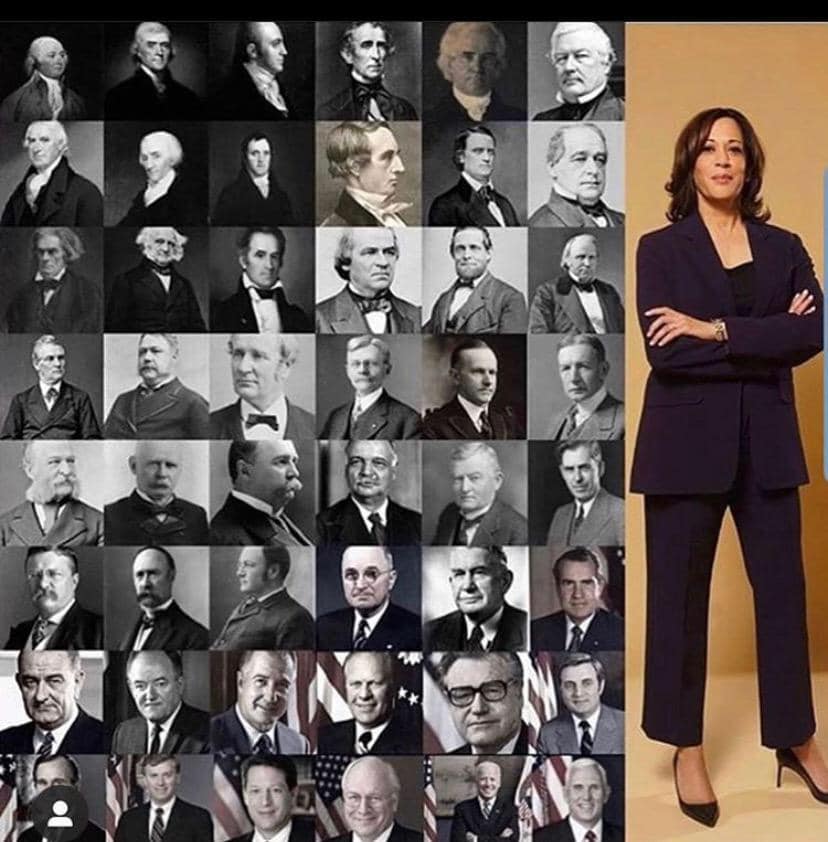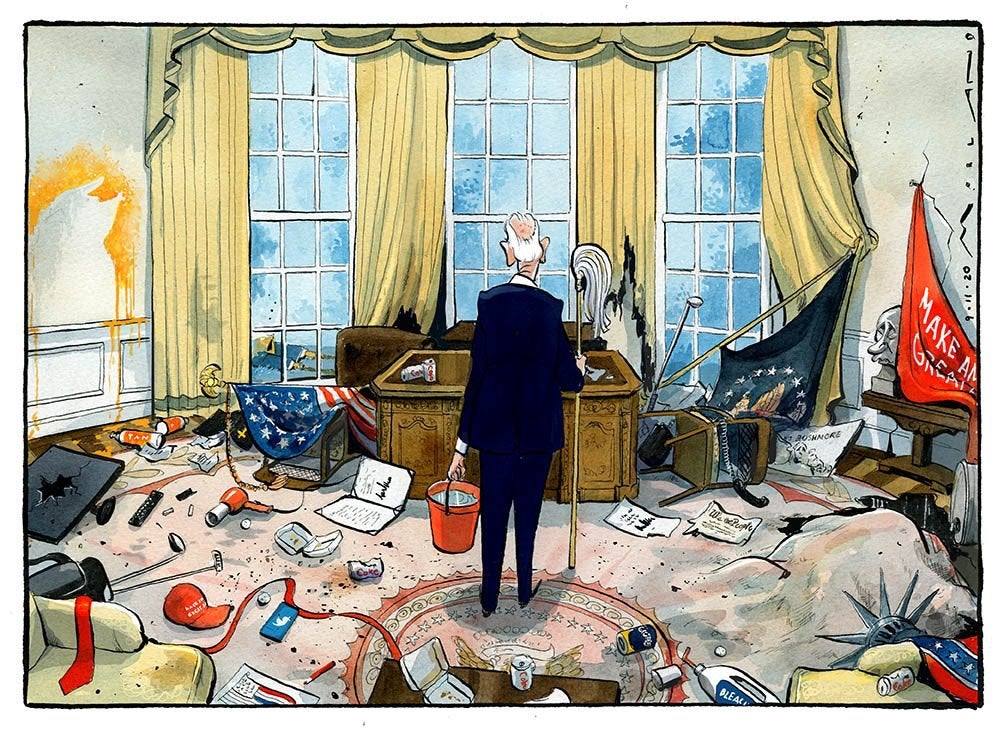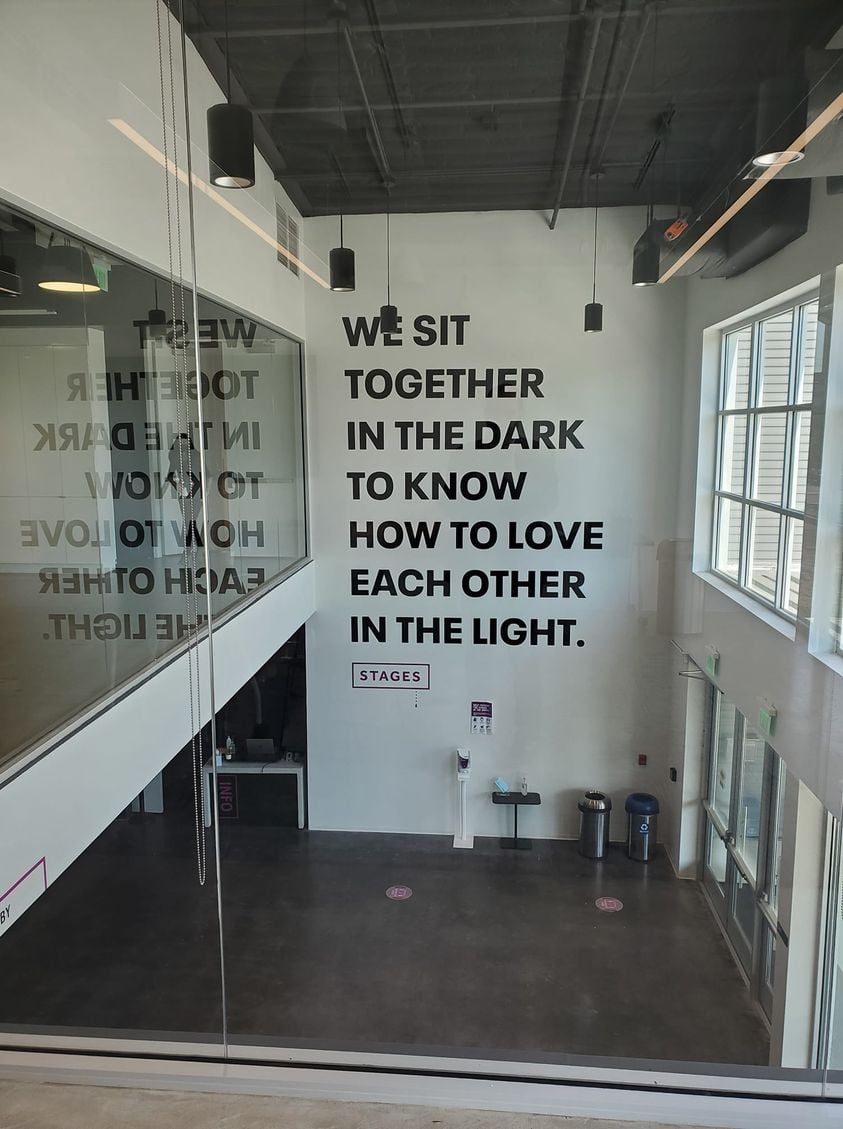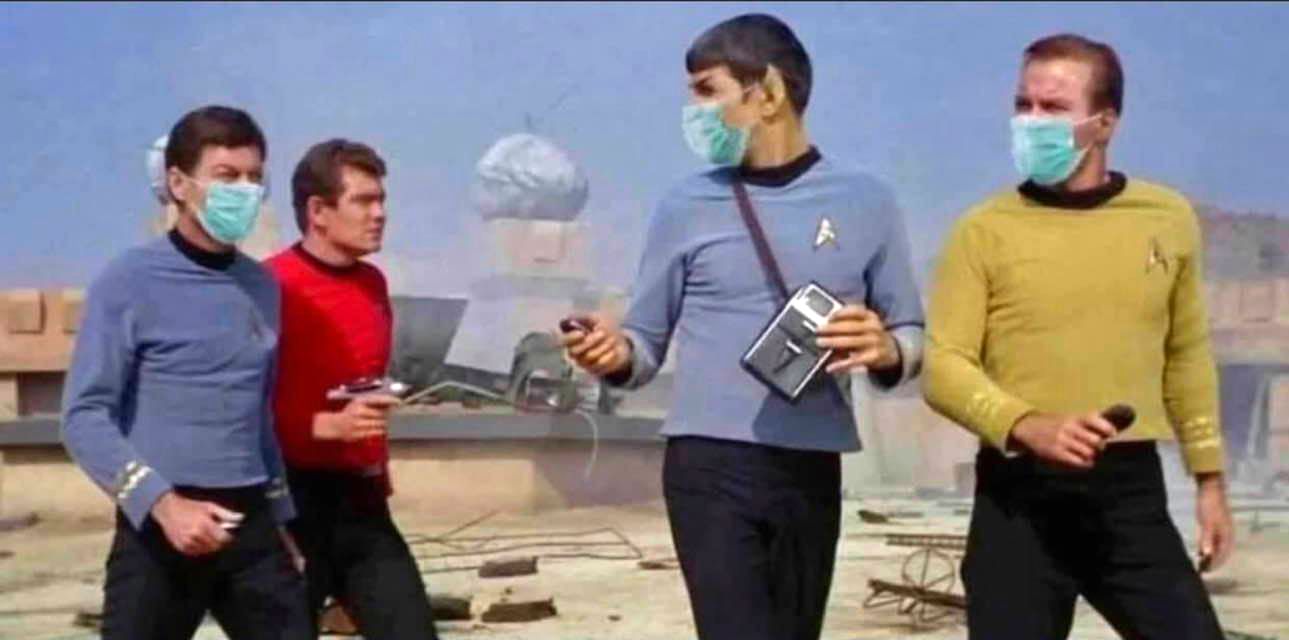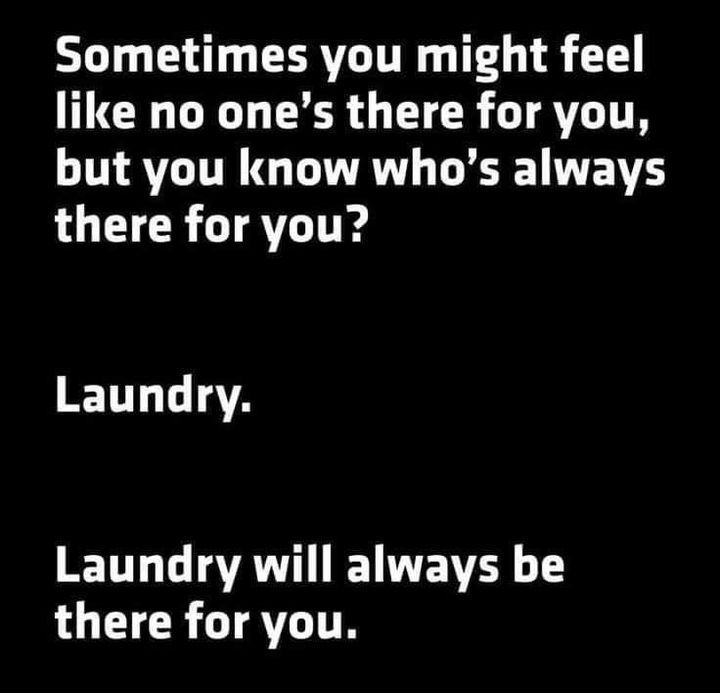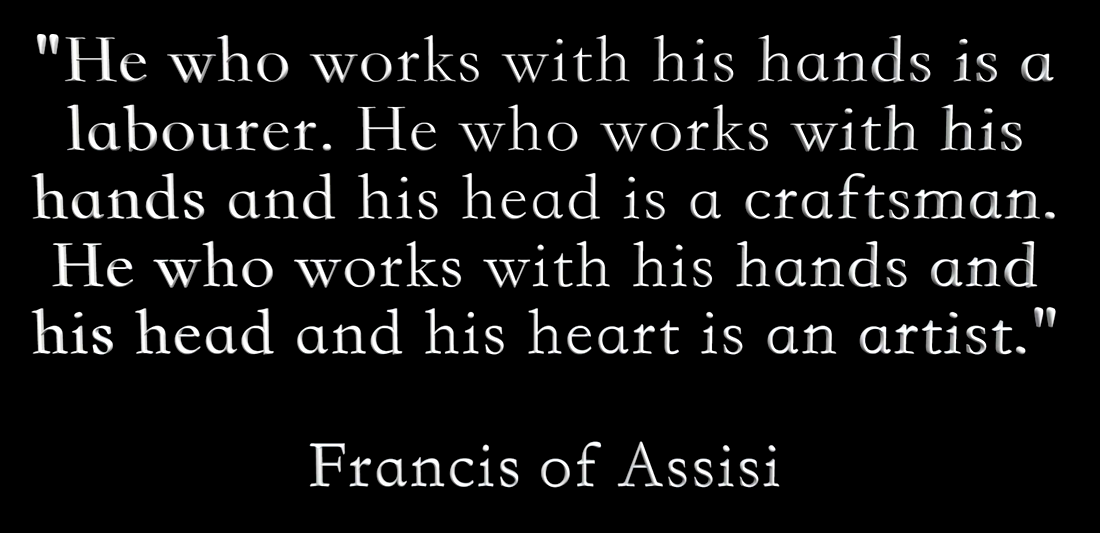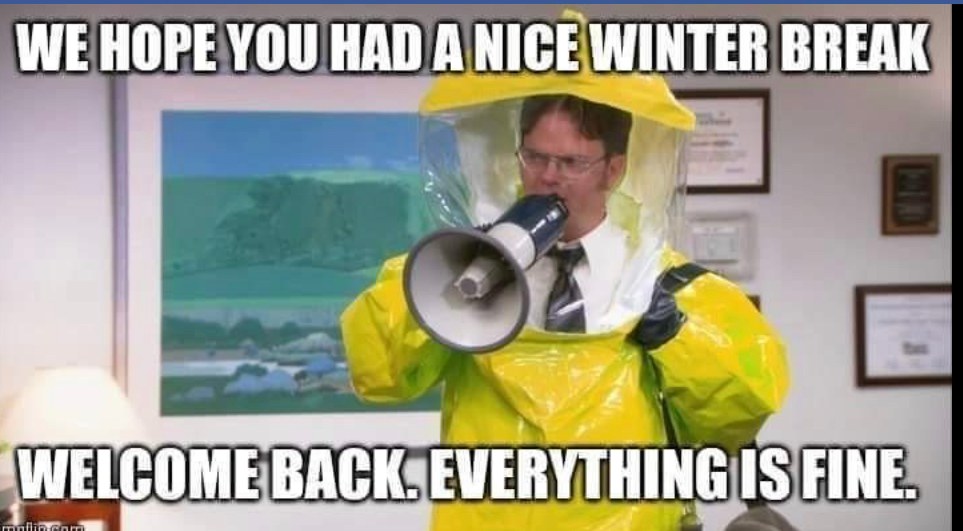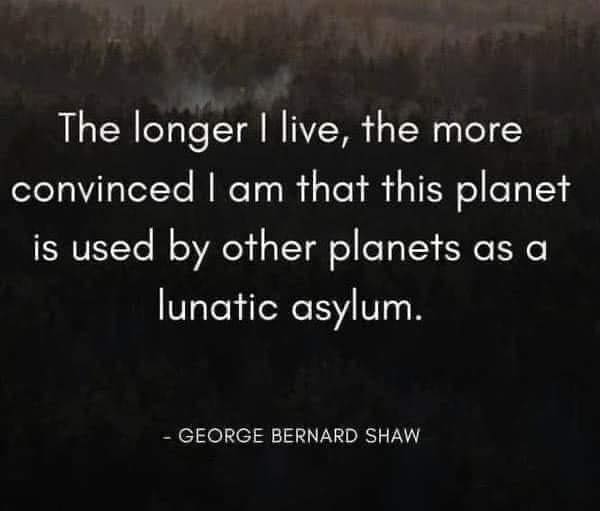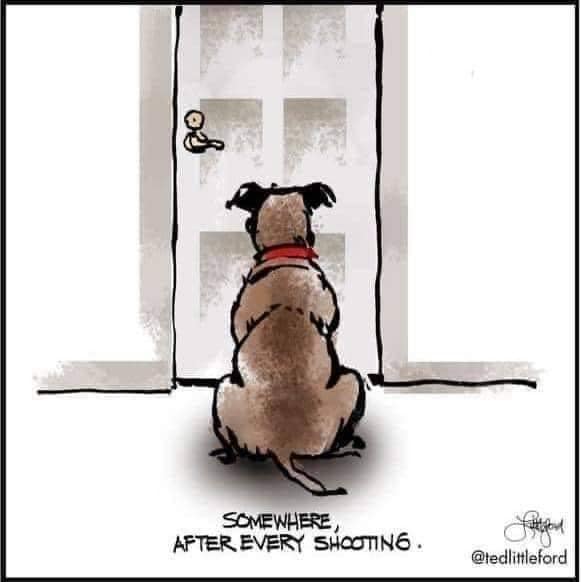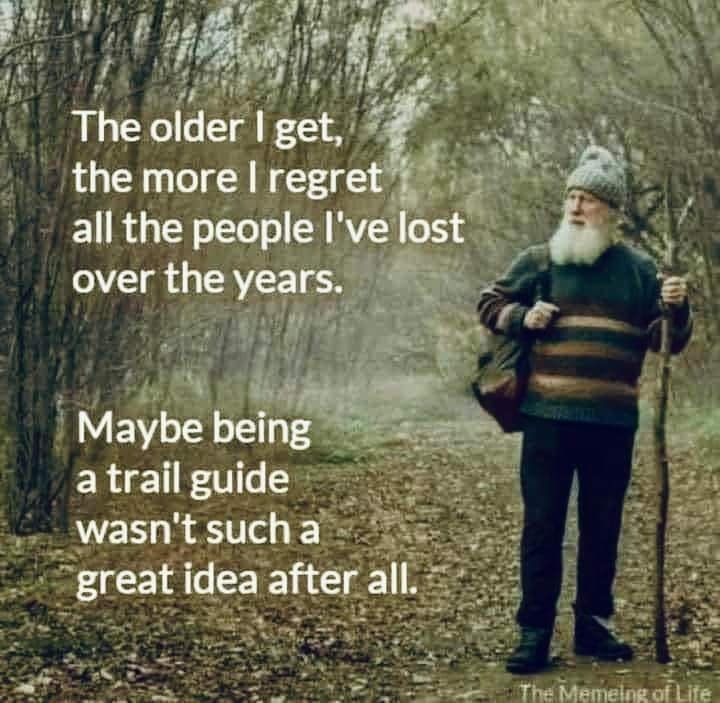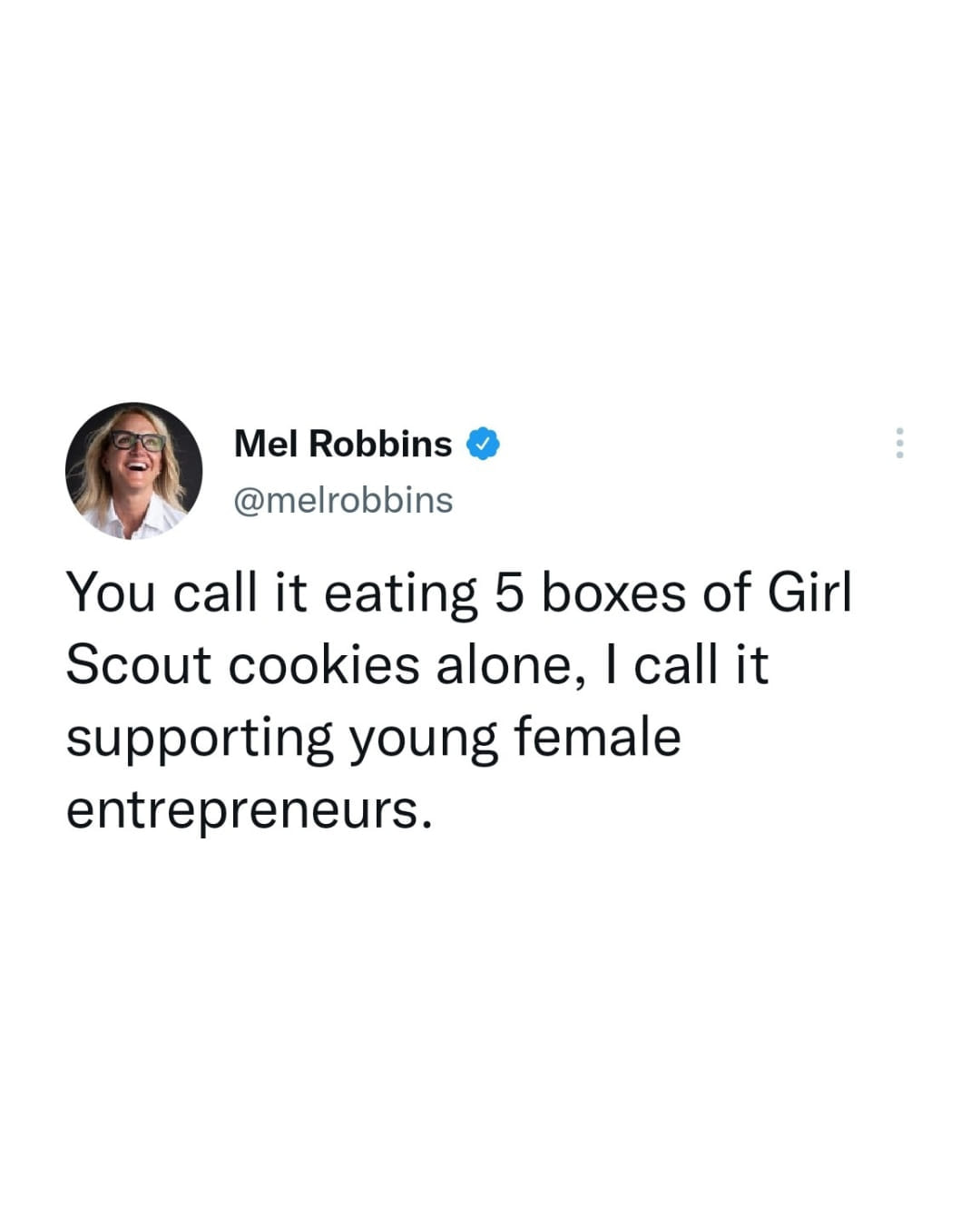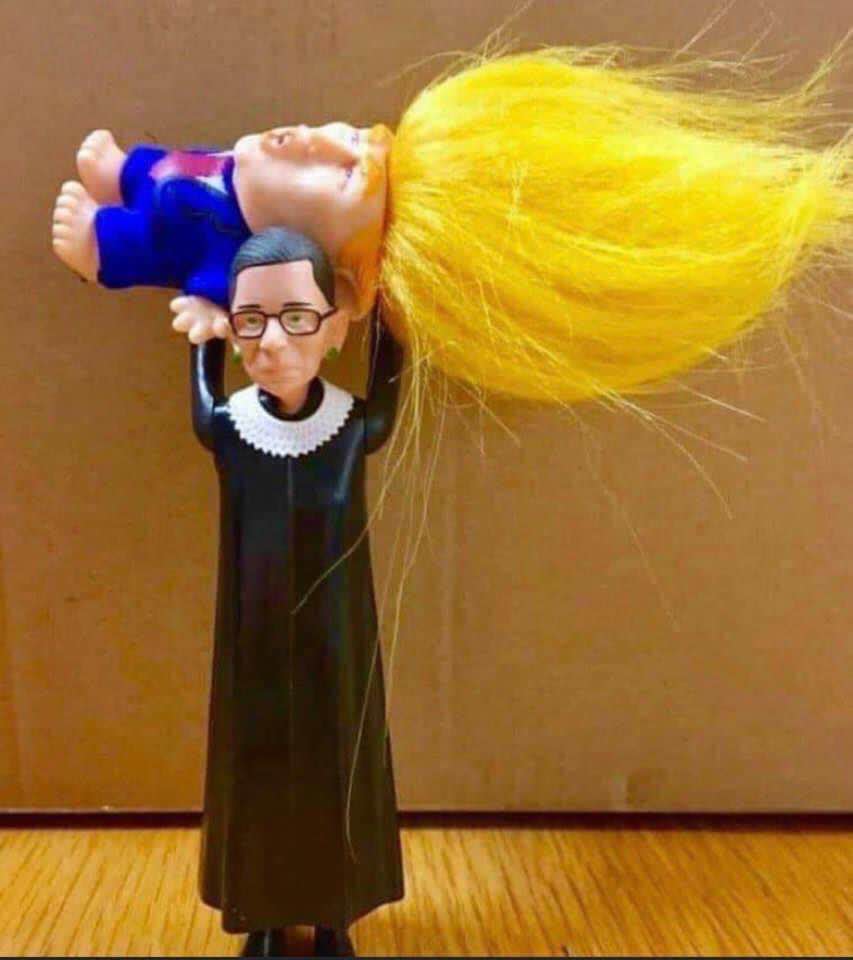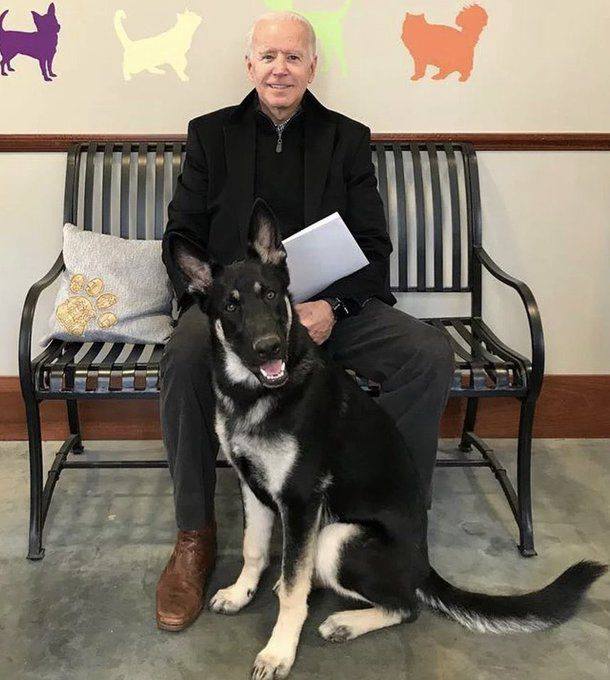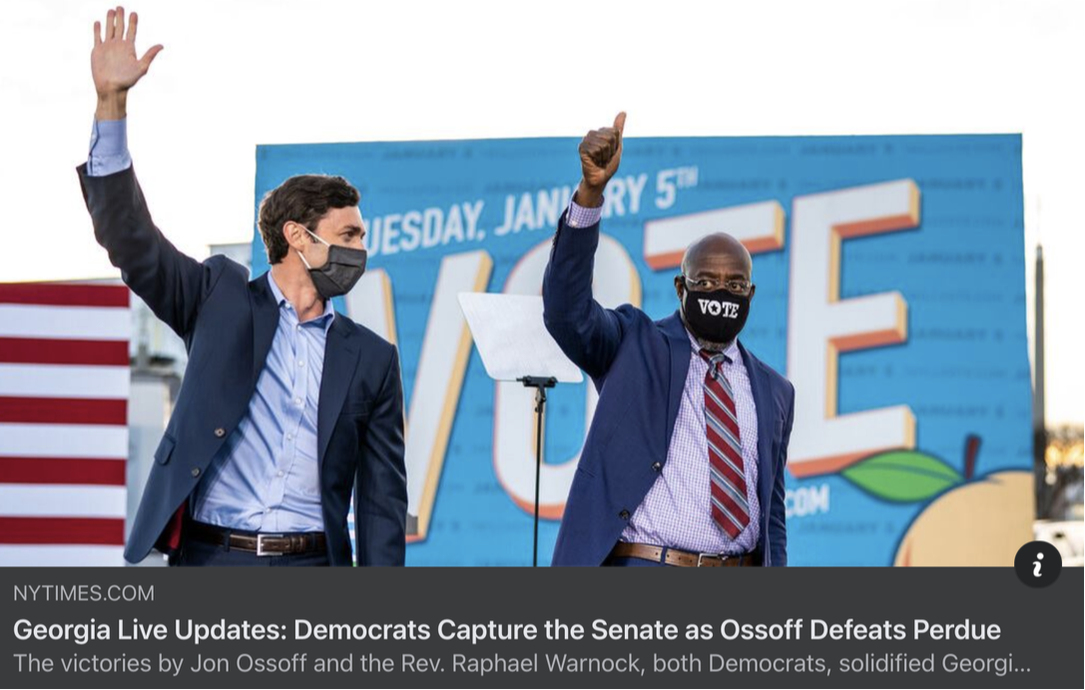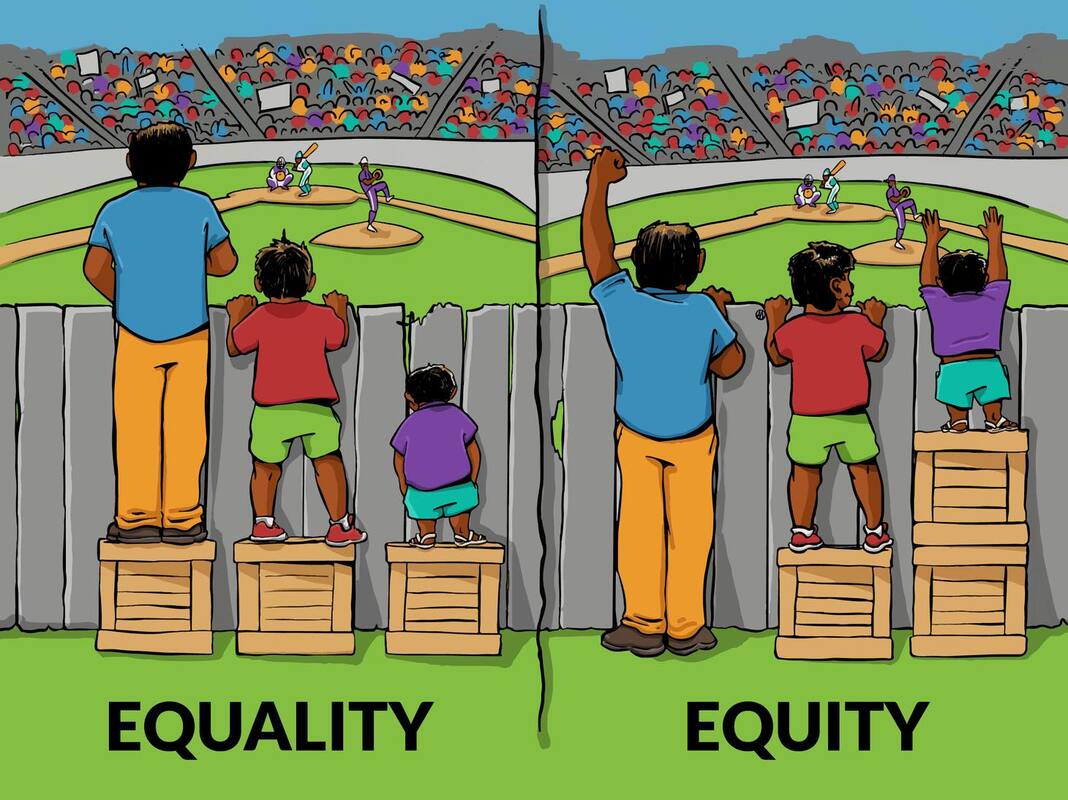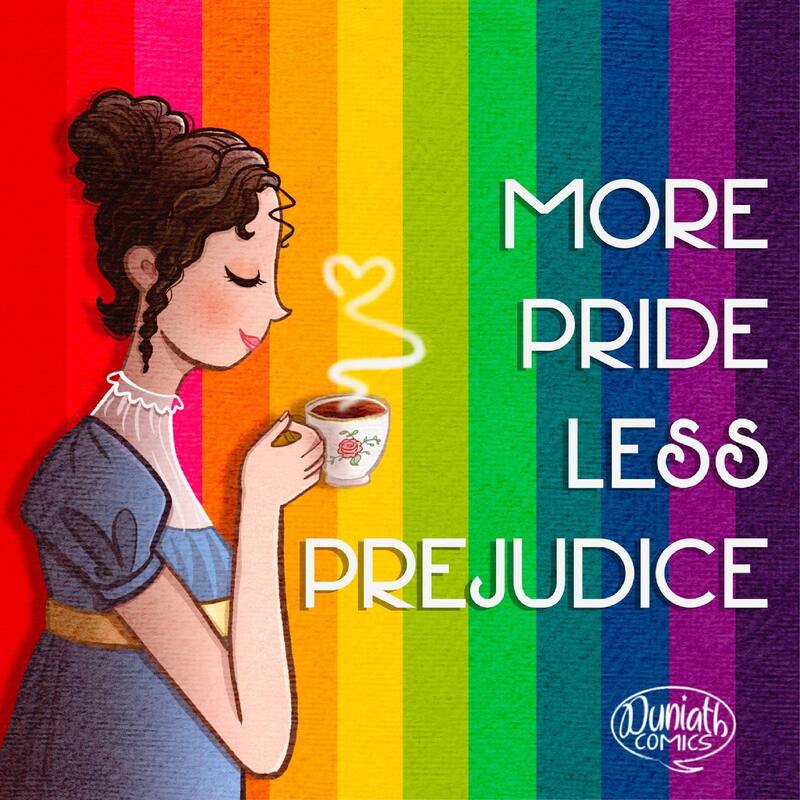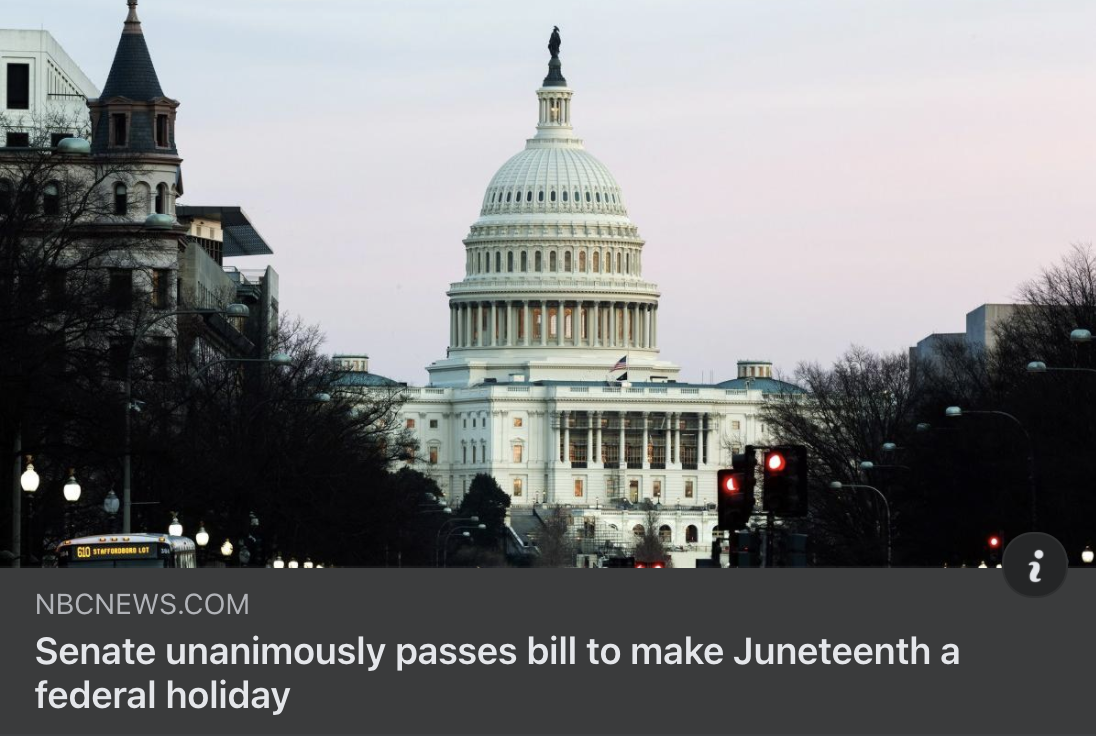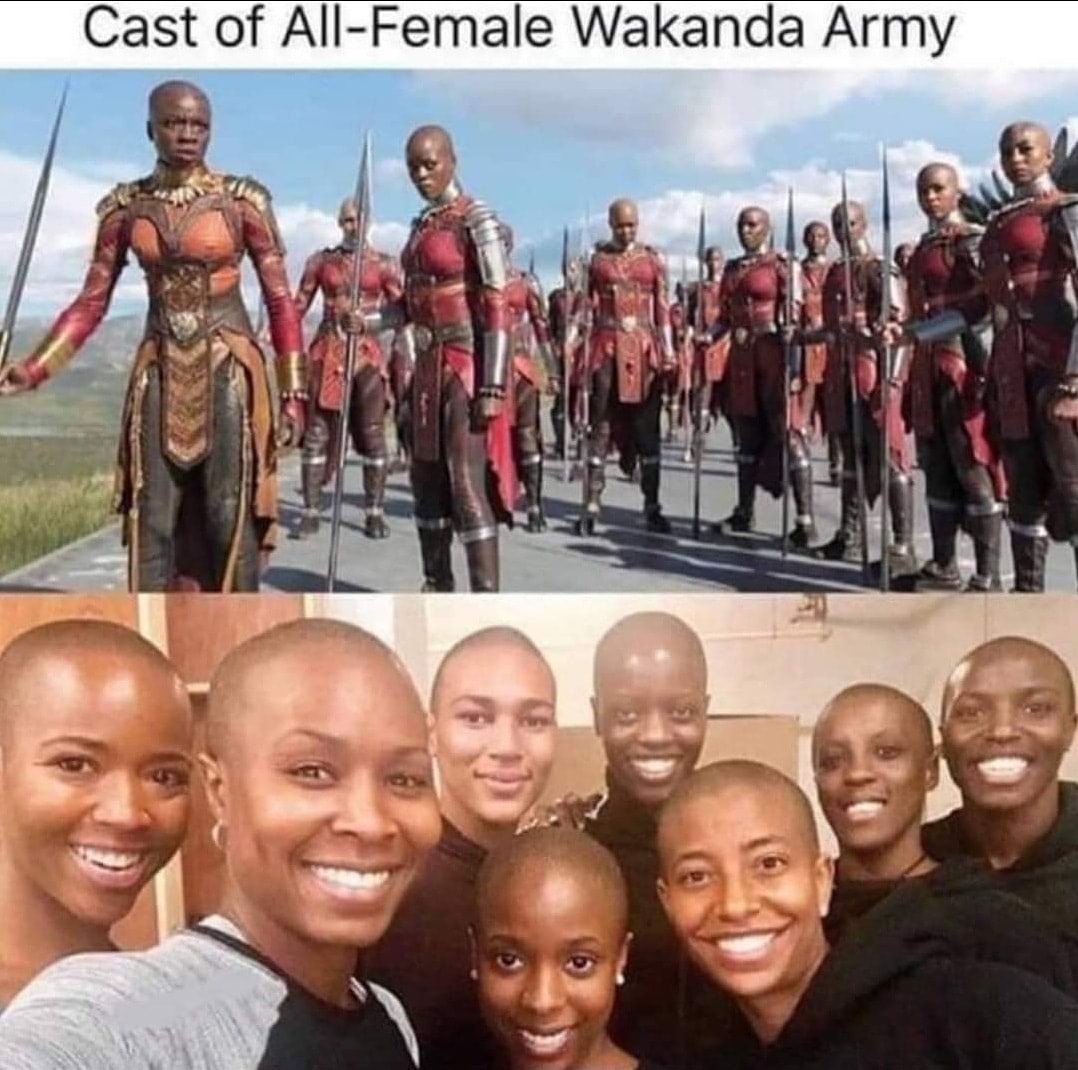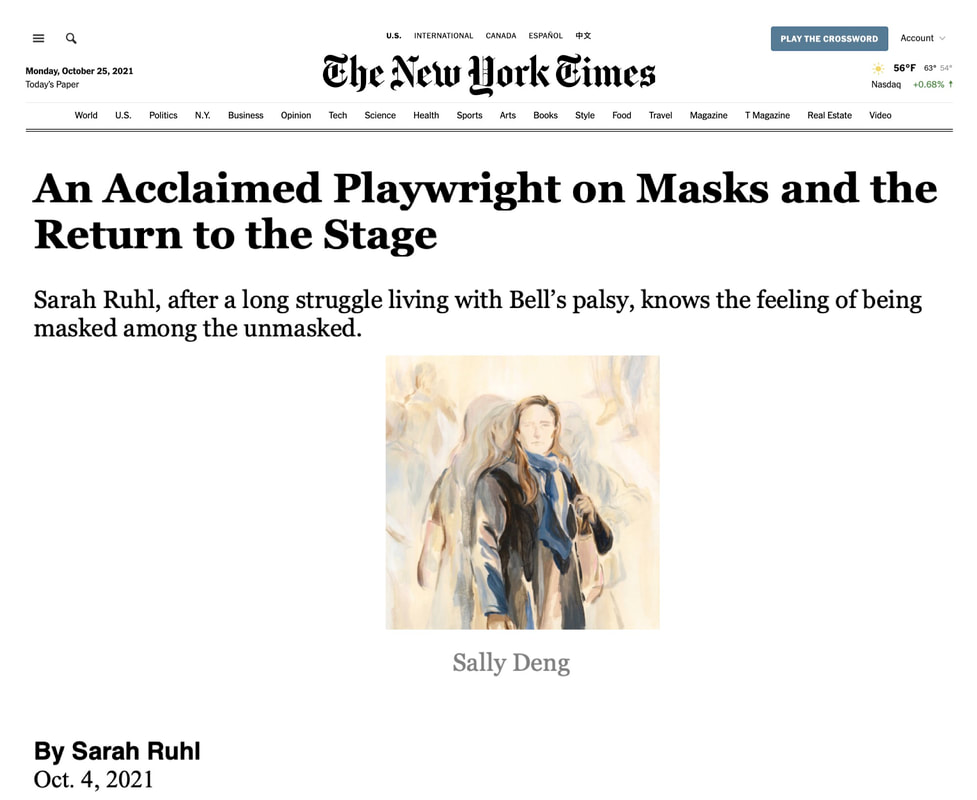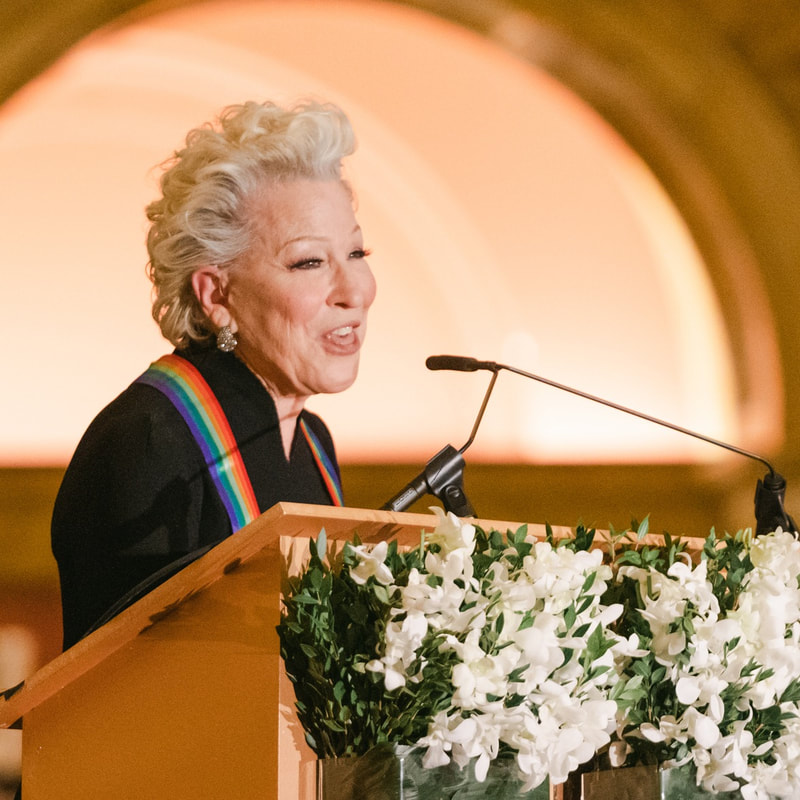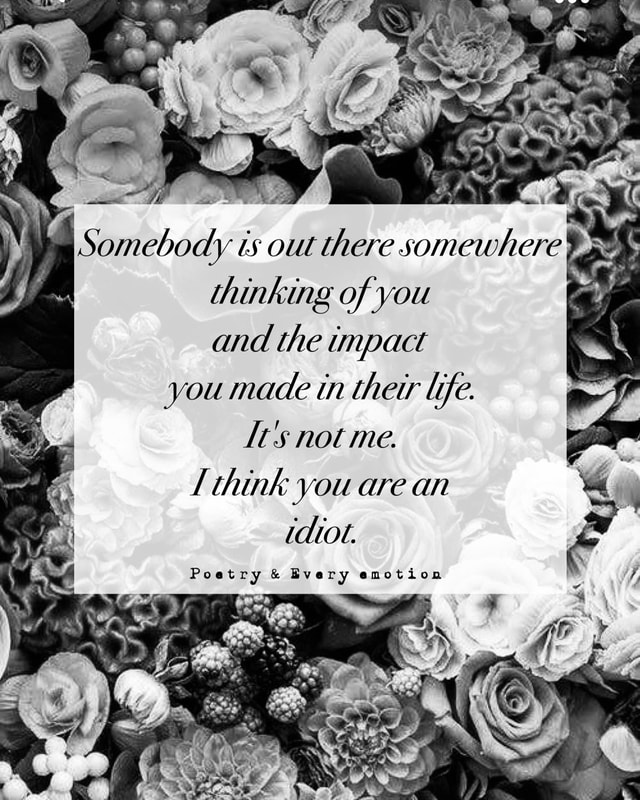|
"What is there left for us, that have seen the newly discovered stability of things changed from an enthusiasm to a weariness, but to labor with a high heart, though it may be with weak hands, to rediscover an art of the theatre that shall be joyful, fantastic, extravagant, whimsical, beautiful, resonant, and altogether reckless?"
—William Butler Yeats |
Blog
|
In August 1968, the country was still reeling from the assassination of Martin Luther King, Jr. four months earlier, and the race riots that followed on its heels. Nightly news showed burning cities, radicals and reactionaries snarling at each other across the cultural divide.
A brand new children’s show out of Pittsburgh, which had gone national the previous year, took a different approach. Fred Rogers had met François Clemmons at a church service after hearing him sing, and asked him to join the show. Mr. Roger’s Neighborhood introduced Officer Clemmons, a black police officer who was a kindly, responsible authority figure, kept his neighborhood safe, and was Mr. Roger’s equal, colleague and neighbor. A year later in 1969 when black Americans were still prevented from swimming alongside whites, Mr. Rogers invited Officer Clemmons to join him and cool his feet in a plastic wading pool, breaking a well-known color barrier. And there they were, brown feet and white feet, side by side in the water, silently, contemplatively, without comment. The episode culminated with Rogers drying off Clemmons’ feet. Most young kids were probably unaware of the real weight the episode carried, its scriptural overtones, but the image of a white man tending to the needs of a black man was seared in their minds nonetheless. Twenty five years later, when François Clemmons retired, his last scene on the show revisited that same wading pool, this time reminiscing. Officer Clemmons asked Mr. Rogers what he’d been thinking during their silent interlude a quarter century before. Fred Rogers’ answer was that he’d been thinking of the many ways people say “I love you.” In a world screaming out for tolerance, acceptance, kindness, and love - choose to be a Fred Rogers - because if more people could find a way to love others the way he did, without barriers, this world would be a much better place... Twice a day, I walk my dog Ace around my neighborhood with one, or both, of my girls. I know that doesn’t seem noteworthy, but here’s something that I must admit:
I would be scared to death to take these walks without my girls and my dog. In fact, in the four years living in my house, I have never taken a walk around my neighborhood alone (and probably never will). Sure, some of you may read that and think that I’m being melodramatic or that I’m “playing the race card” (I still have no clue what the hell means), but this is my reality. When I’m walking down the street holding my young daughter’s hand and walking my sweet fluffy dog, I’m just a loving dad and pet owner taking a break from the joylessness of crisis homeschooling. But without them by my side, almost instantly, I morph into a threat in the eyes of some white folks. Instead of being a loving dad to two little girls, unfortunately, all that some people can see is a 6’2” athletically-built black man in a cloth mask who is walking around in a place where he doesn’t belong (even though, I’m still the same guy who just wants to take a walk through his neighborhood). It’s equal parts exhausting and depressing to feel like I can’t walk around outside alone, for fear of being targeted. If you’re surprised by this, don’t be. We live in a world where there is a sizable amount of people who actually believe that racism isn’t a thing, and that White Privilege is a made-up fantasy to be politically-correct. Yes, even despite George Floyd, Christian Cooper, Ahmaud Arbery, and Breonna Taylor (and countless other examples before them, and many to come afterward), some people still don’t seem to get it. So, let me share some common sense points: 1) Having white privilege doesn’t mean that your life isn’t difficult, it simply means that your skin color isn’t one of the things contributing to your life difficulties. Case in point, if it never crossed your mind that you could have the cops called on you (or worse, killed) for simply bird watching then know that is a privilege that many black/brown people (myself included) don’t currently enjoy. 2) Responding to “Black Lives Matter” by saying “All Lives Matter” is insensitive, tone-deaf and dumb. All lives can’t matter until black lives matter. 3) Racism is very real, and please don’t delude yourself into thinking it’s limited to the fringes of the hardcore MAGA crowd. As Amy Cooper proved, it’s just as prevalent in liberal America as it is anywhere else. 4) While racism is real, reverse-racism is not. Please don’t use that term, ever. 5) In order for racism to get better, white allies are absolutely critical. If you’re white and you’ve read this far, hopefully you care enough to be one of those allies. Please continue to speak up (despite some of your friends and family rolling their eyes at you), because your voices matter to PoC now more than ever. Special shoutouts to my friends: Becky, Catherine, Dory, Elizabeth, Greta, Jessica, Kayte, Kurt, Pete, Sharri, and Teri (and anyone else who I missed) for doing it so well. 6) And if you’re white, and you’re still choosing to stay silent about this, then I honestly don’t know what to say. If these atrocities won’t get you to speak up, then honestly, what will? Also, it’s worth asking, why be my friend? If you aren’t willing to take a stand against actions that could get me hurt or killed, it’s hard to believe that you ever cared about me in the first place. As for me, I’ll continue to walk these streets holding my 8 year-old daughter’s hand, in hopes that she’ll continue to keep her daddy safe from harm. I know that sounds backward, but that’s the world that we’re living in these days. Shola MRichards May 28, 2020 #BlackLivesMatter VIRAL EDIT: Whoa, so this post blew up. I am deeply touched by all of your kind words, and also, for your willingness to step up as allies. The comments on this post have only strengthened my faith in humanity, and for that, I am very grateful. We have a lot of work to do, and I’m ready to stand at your side to do it Came across this in a friend’s post. About Albert Einstein. I had a student Who thought that Einstein was the sexiest person ever, and I now have to agree with her!
Read this slowly and let it sink in. Look at the faces of these beautiful engaged students. And consider this brilliant conscious voice, world renown physicist in this powerful (1946!!) photo -- that WAS NOT heard or seen in 1946: In September 1946, Albert Einstein called racism America’s “worst disease.” Earlier that year, he told students and faculty at Lincoln University in Pennsylvania, the oldest Black college in the Western world, that racial segregation was “not a disease of colored people, but a disease of white people, adding, “I willl not remain silent about it.” When Albert Einstein moved to America, he was disappointed to see how black people were being treated. Even in his new hometown of Princeton, he observed separation of the white and black societies. Einstein thought of segregation as “unacceptable.” "There are prejudices of which I as a Jew am clearly conscious, but they are unimportant in comparison with the attitude of the ‘whites’ toward their fellow-citizens of darker complexion. The more I feel an American, the more this situation pains me. I can escape the feeling of complicity in it only by speaking out. Your ancestors dragged these black people from their homes by force and in the white man’s quest for wealth and an easy life they have been ruthlessly suppressed and exploited, degraded into slavery” Albert Einstein, very rarely accepted honorary doctorates but he did so for Lincoln University, a small historically black college in Pennsylvania in 1946. He also gave a lecture before a small group of students who are seen with him in the picture. After 70 years, photo of Einstein's visit to Lincoln surfaced when a woman appeared in "Antiques Roadshow." Her husband, who was a photographer, was present in that classroom. https://en.wikipedia.org/wiki/Albert_Einstein "I painted this view of the Golden Gate Bridge as a sunset, but it's taken on a different meaning now. Remember to take care of each other and our planet. I'm sending my love to you, California."
~Tony Bennett Sixty years ago, Ruth Bader Ginsburg applied to be a Supreme Court clerk. She’d studied at two of our finest law schools and had ringing recommendations. But because she was a woman, she was rejected. Ten years later, she sent her first brief to the Supreme Court––which led it to strike down a state law based on gender discrimination for the first time. And then, for nearly three decades, as the second woman ever to sit on the highest court in the land, she was a warrior for gender equality––someone who believed that equal justice under law only had meaning if it applied to every single American.
Over a long career on both sides of the bench––as a relentless litigator and an incisive jurist––Justice Ginsburg helped us see that discrimination on the basis of sex isn’t about an abstract ideal of equality; that it doesn’t only harm women; that it has real consequences for all of us. It’s about who we are––and who we can be. Justice Ginsburg inspired the generations who followed her, from the tiniest trick-or-treaters to law students burning the midnight oil to the most powerful leaders in the land. Michelle and I admired her greatly, we're profoundly thankful for the legacy she left this country, and we offer our gratitude and our condolences to her children and grandchildren tonight. Ruth Bader Ginsburg fought to the end, through her cancer, with unwavering faith in our democracy and its ideals. That’s how we remember her. But she also left instructions for how she wanted her legacy to be honored. Four and a half years ago, when Republicans refused to hold a hearing or an up-or-down vote on Merrick Garland, they invented the principle that the Senate shouldn’t fill an open seat on the Supreme Court before a new president was sworn in. A basic principle of the law––and of everyday fairness––is that we apply rules with consistency, and not based on what’s convenient or advantageous in the moment. The rule of law, the legitimacy of our courts, the fundamental workings of our democracy all depend on that basic principle. As votes are already being cast in this election, Republican Senators are now called to apply that standard. The questions before the Court now and in the coming years––with decisions that will determine whether or not our economy is fair, our society is just, women are treated equally, our planet survives, and our democracy endures––are too consequential to future generations for courts to be filled through anything less than an unimpeachable process. -Barack Obama |
__________________________________________________________________________________________________________________
__________________________________________________________________________________________________________________

